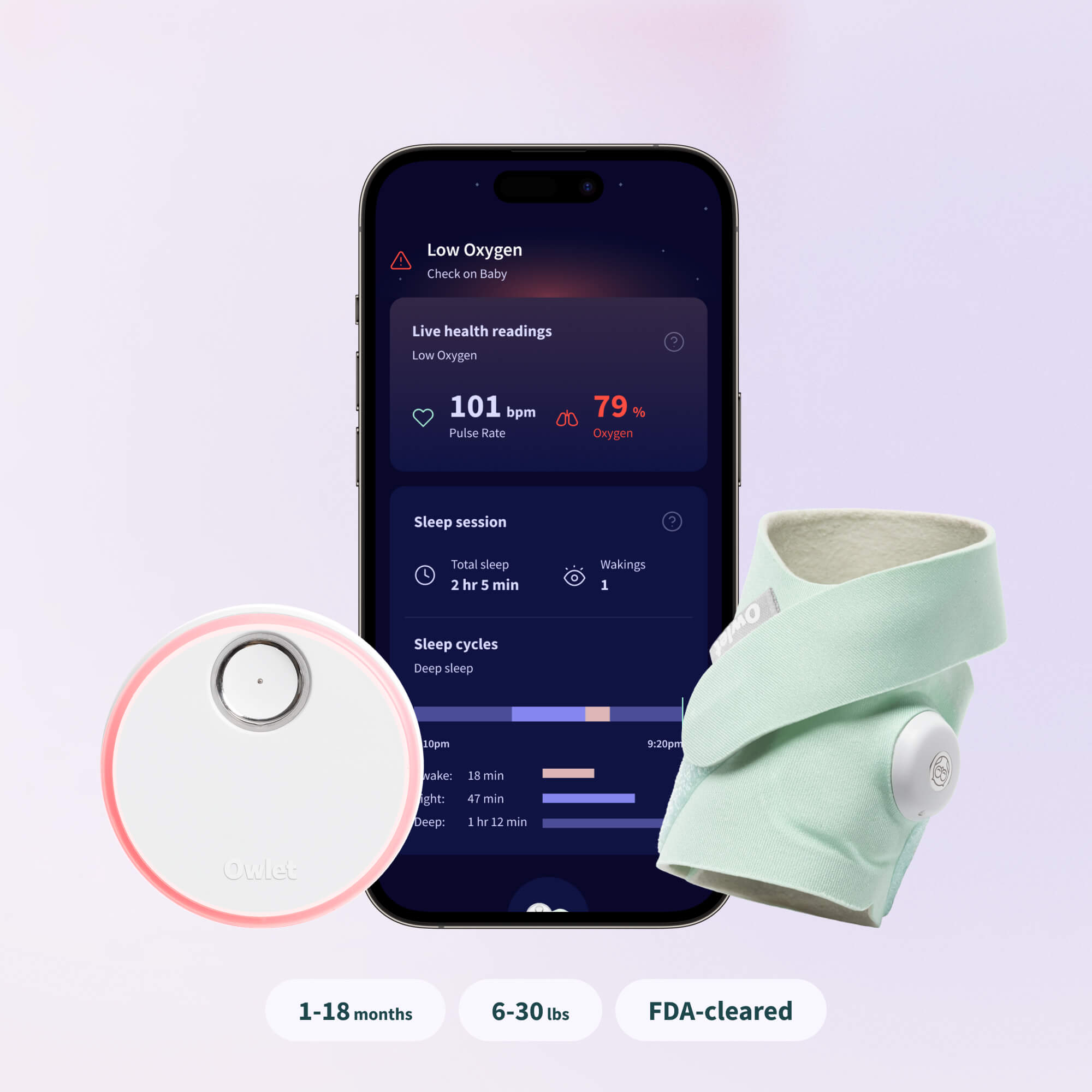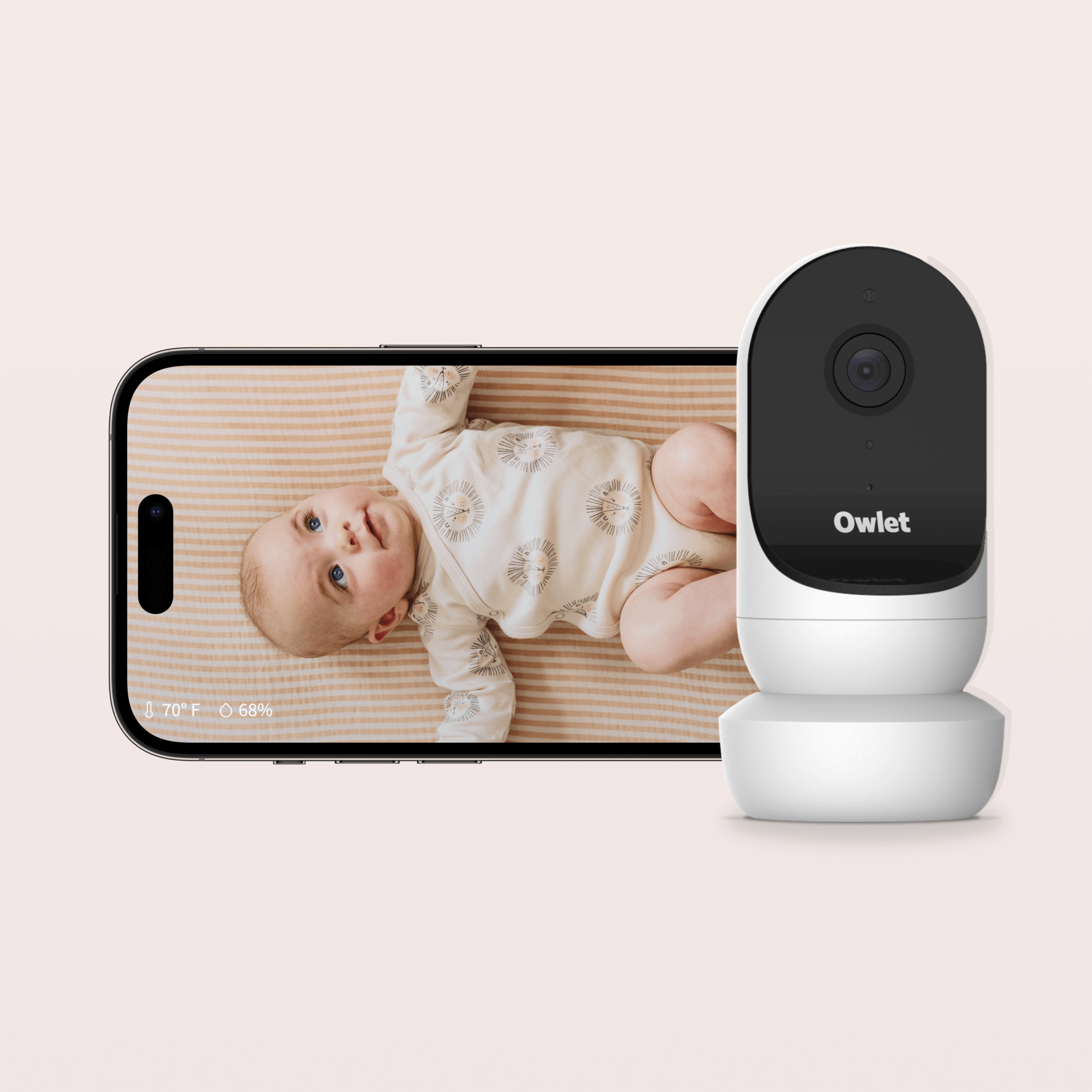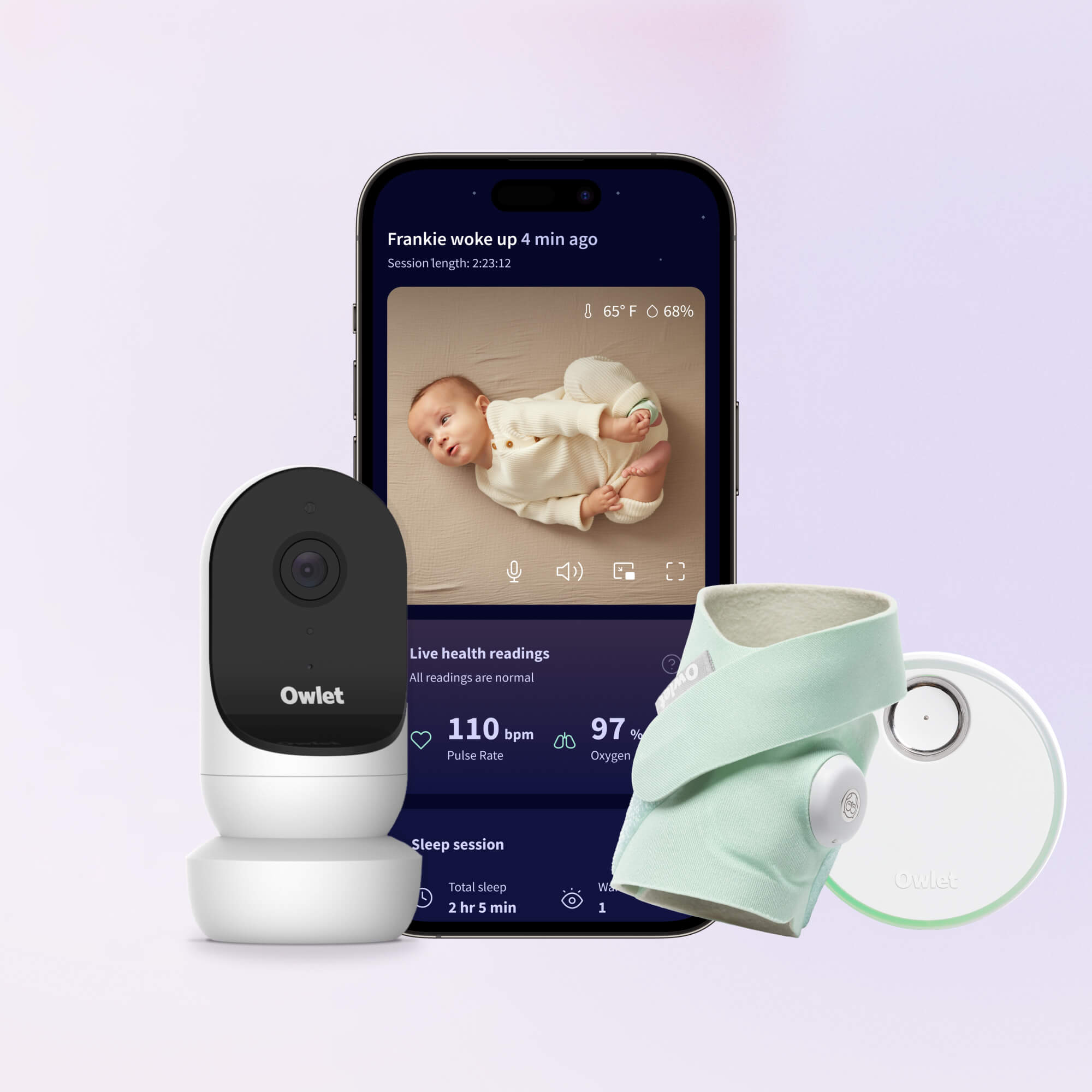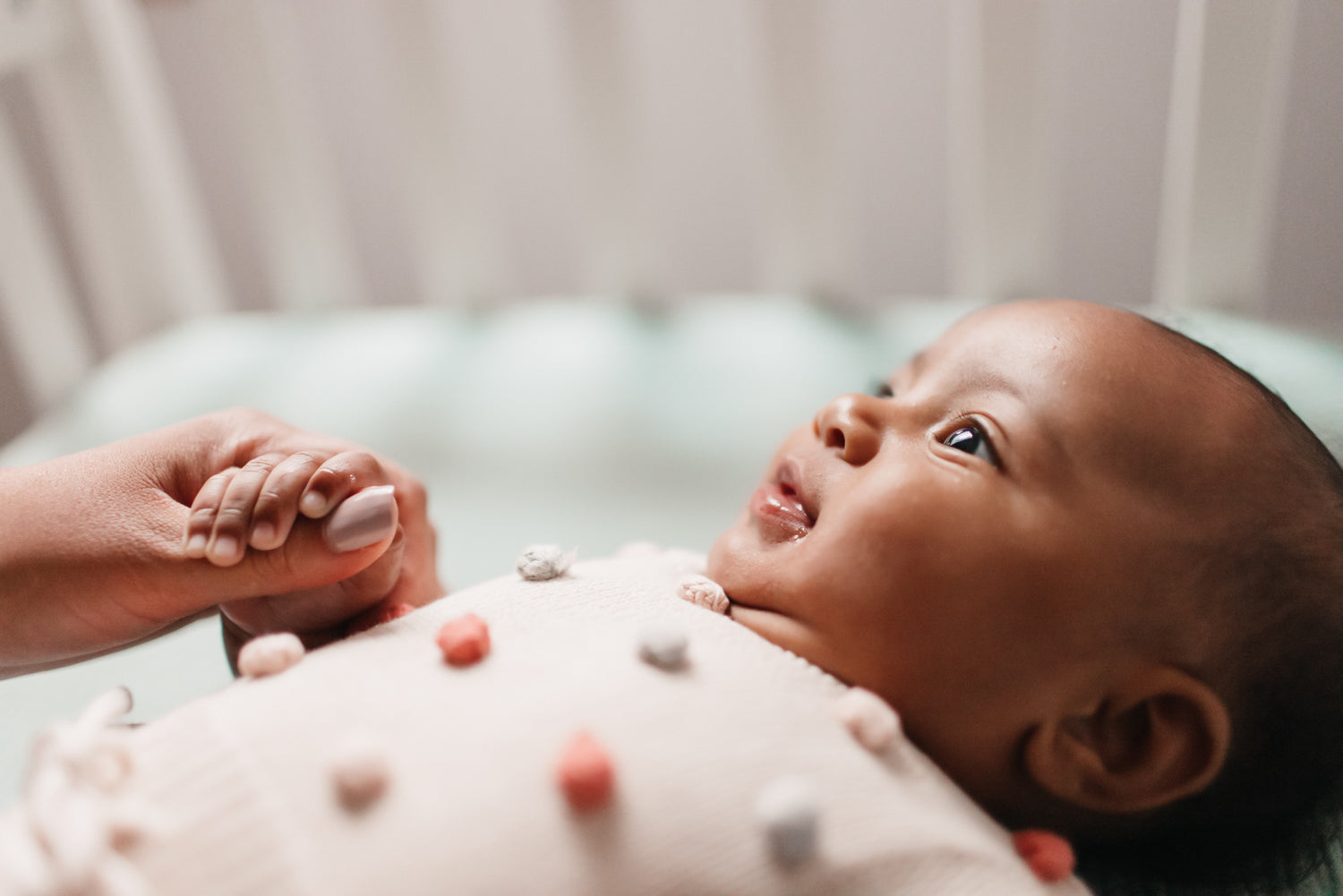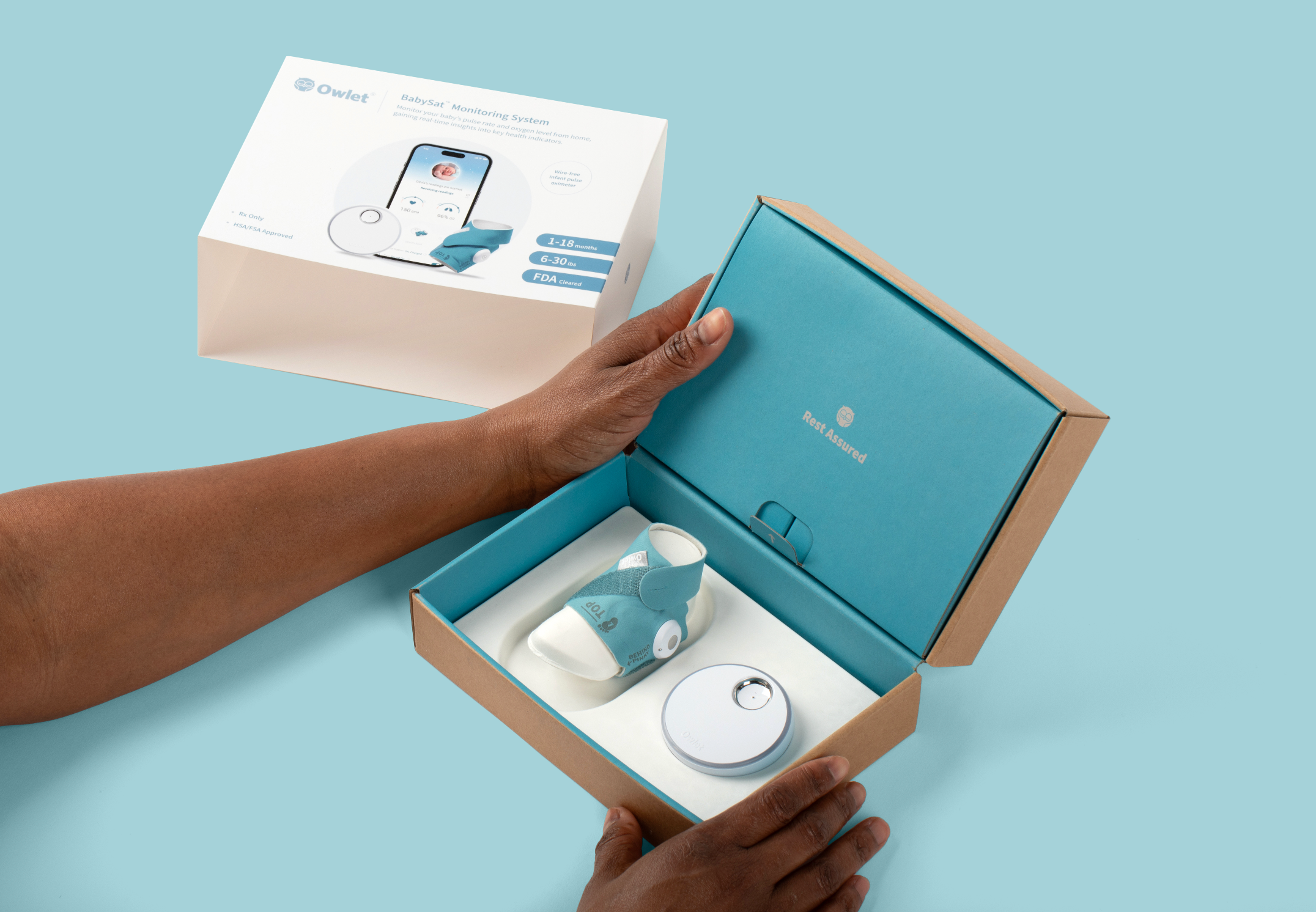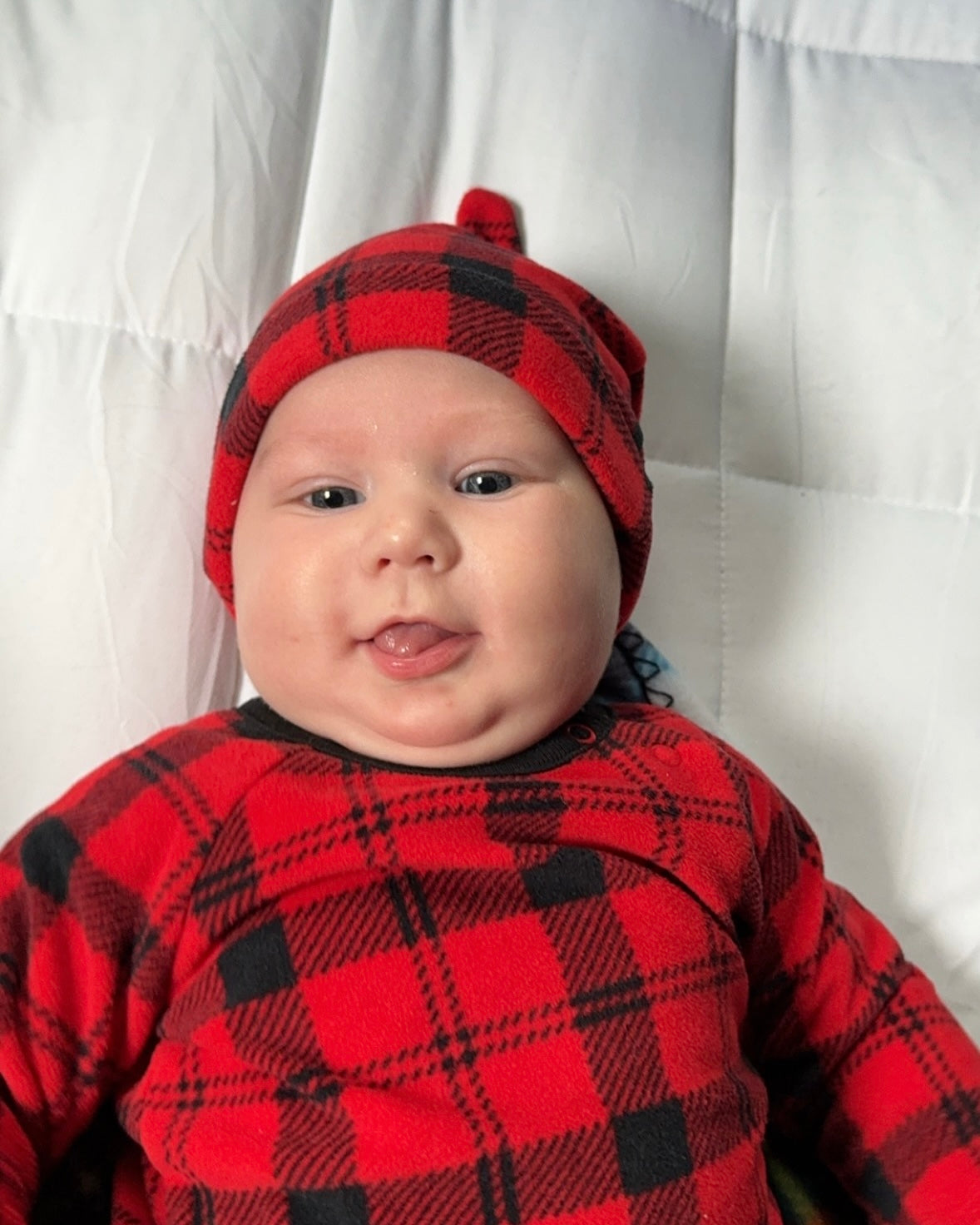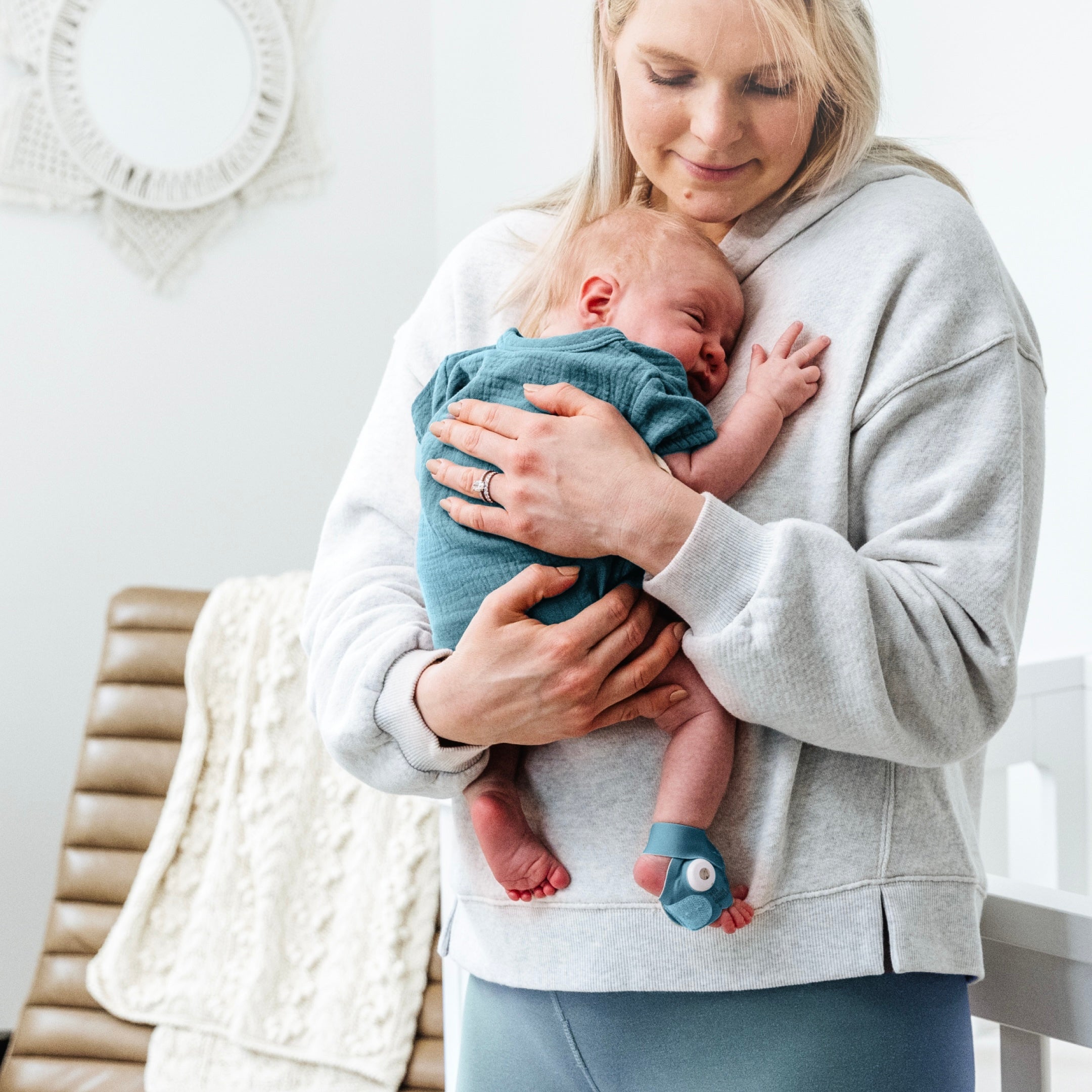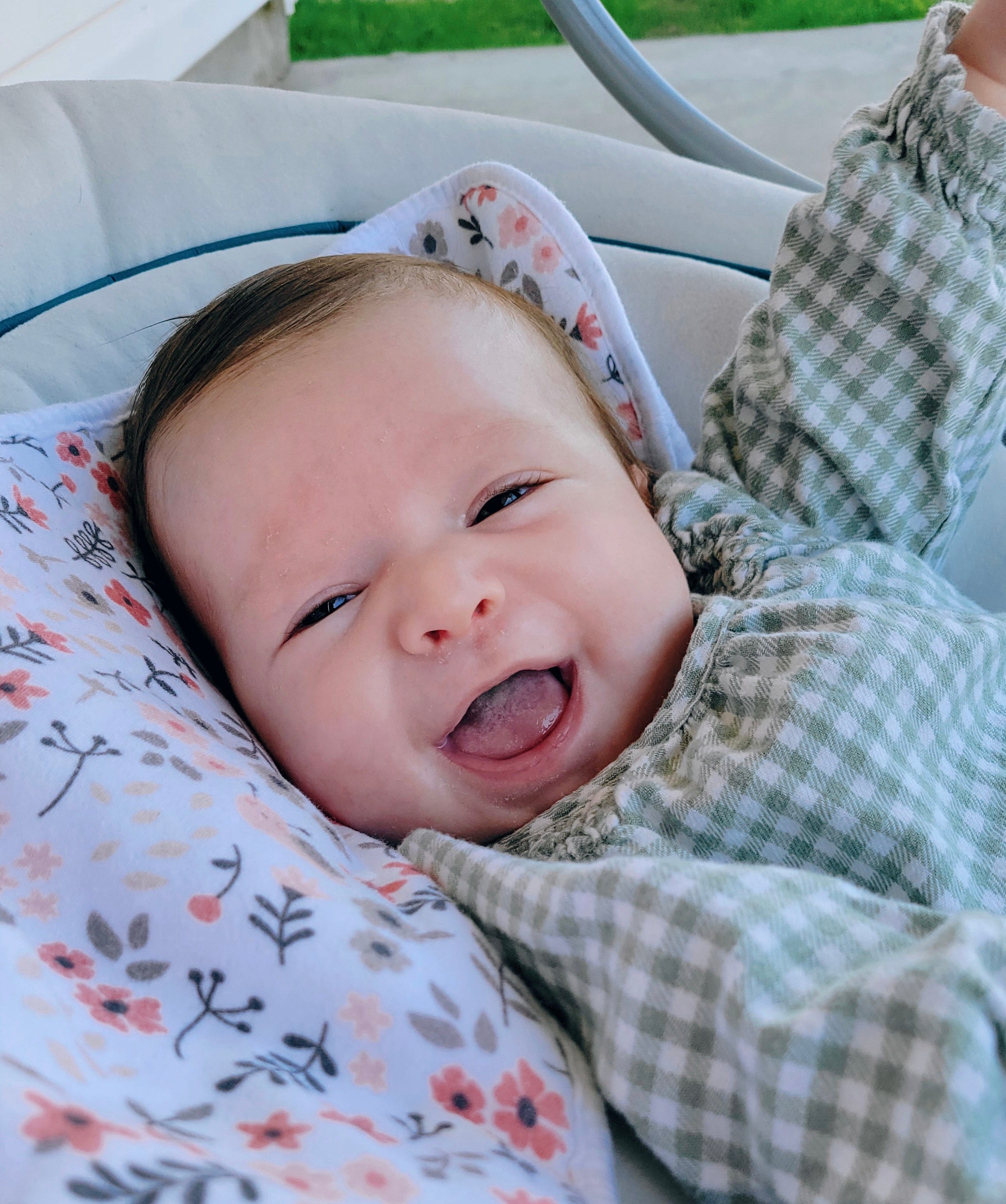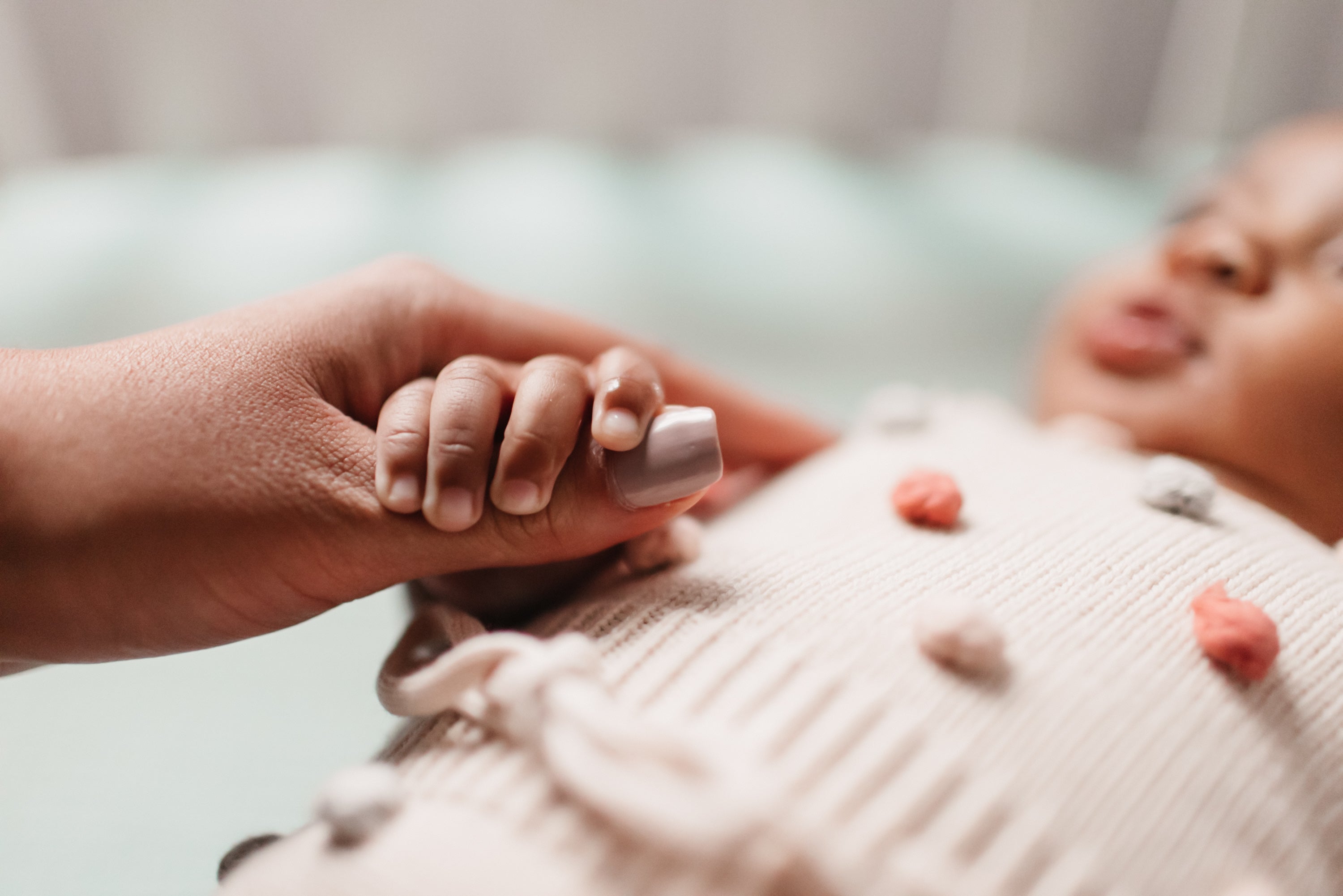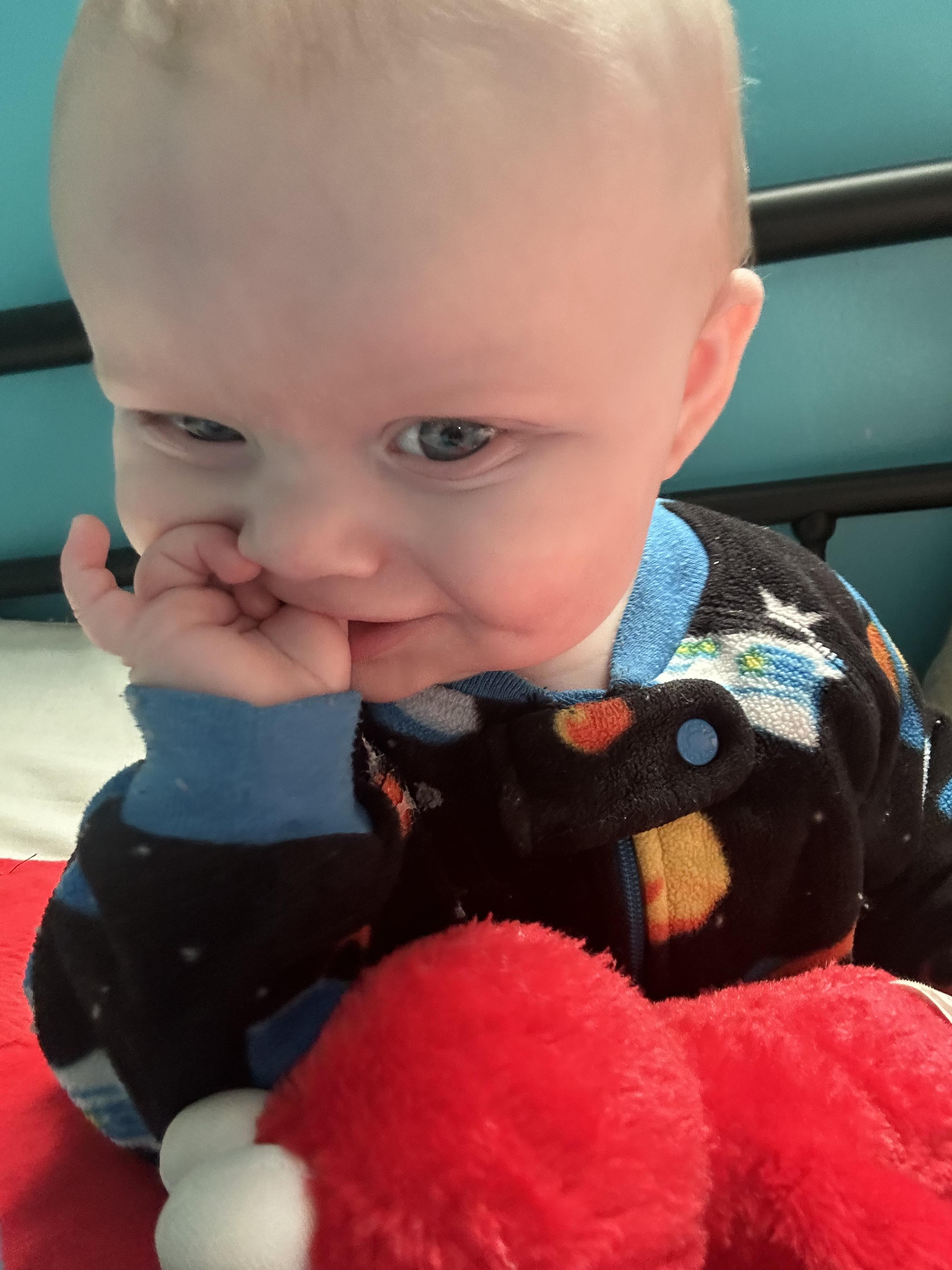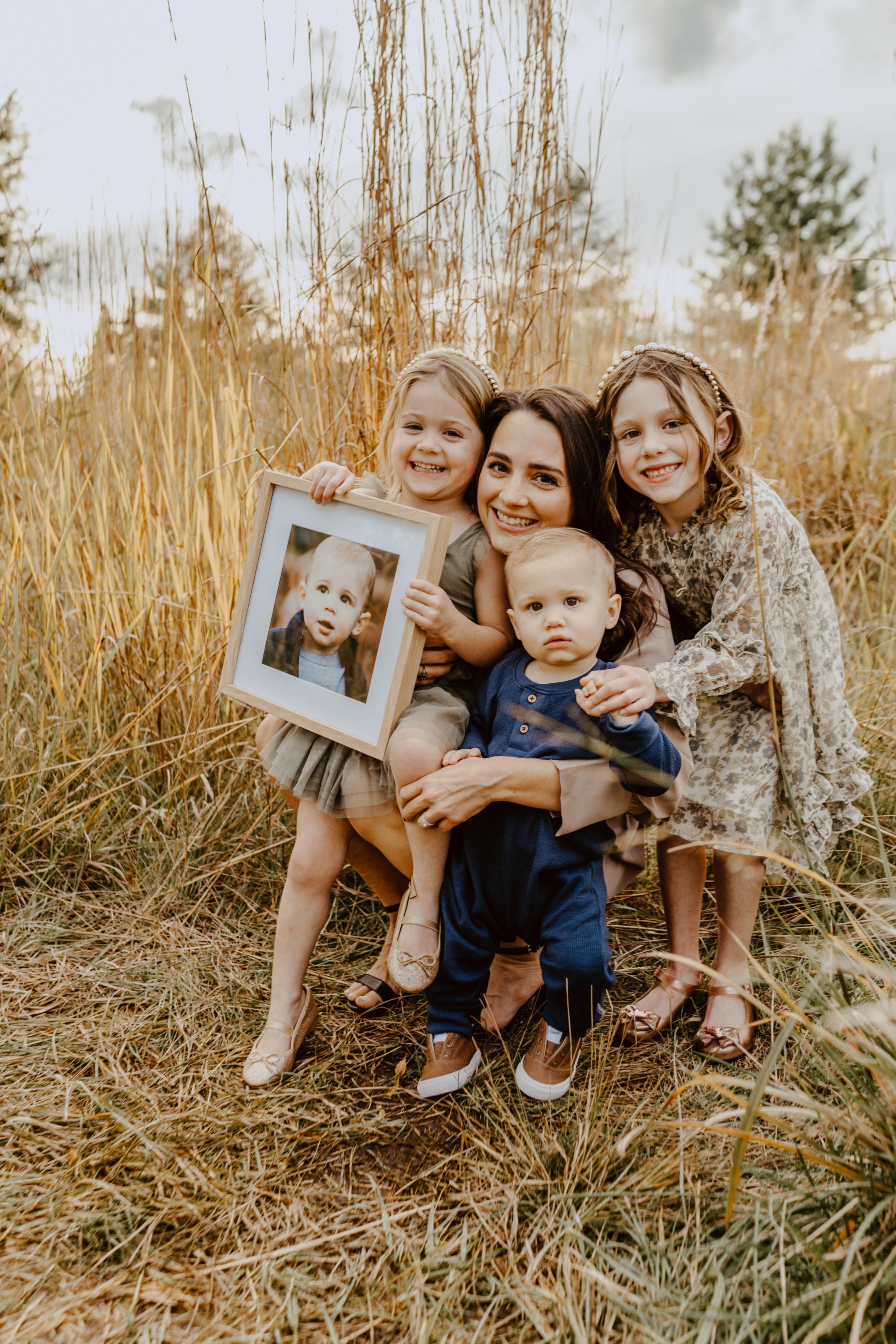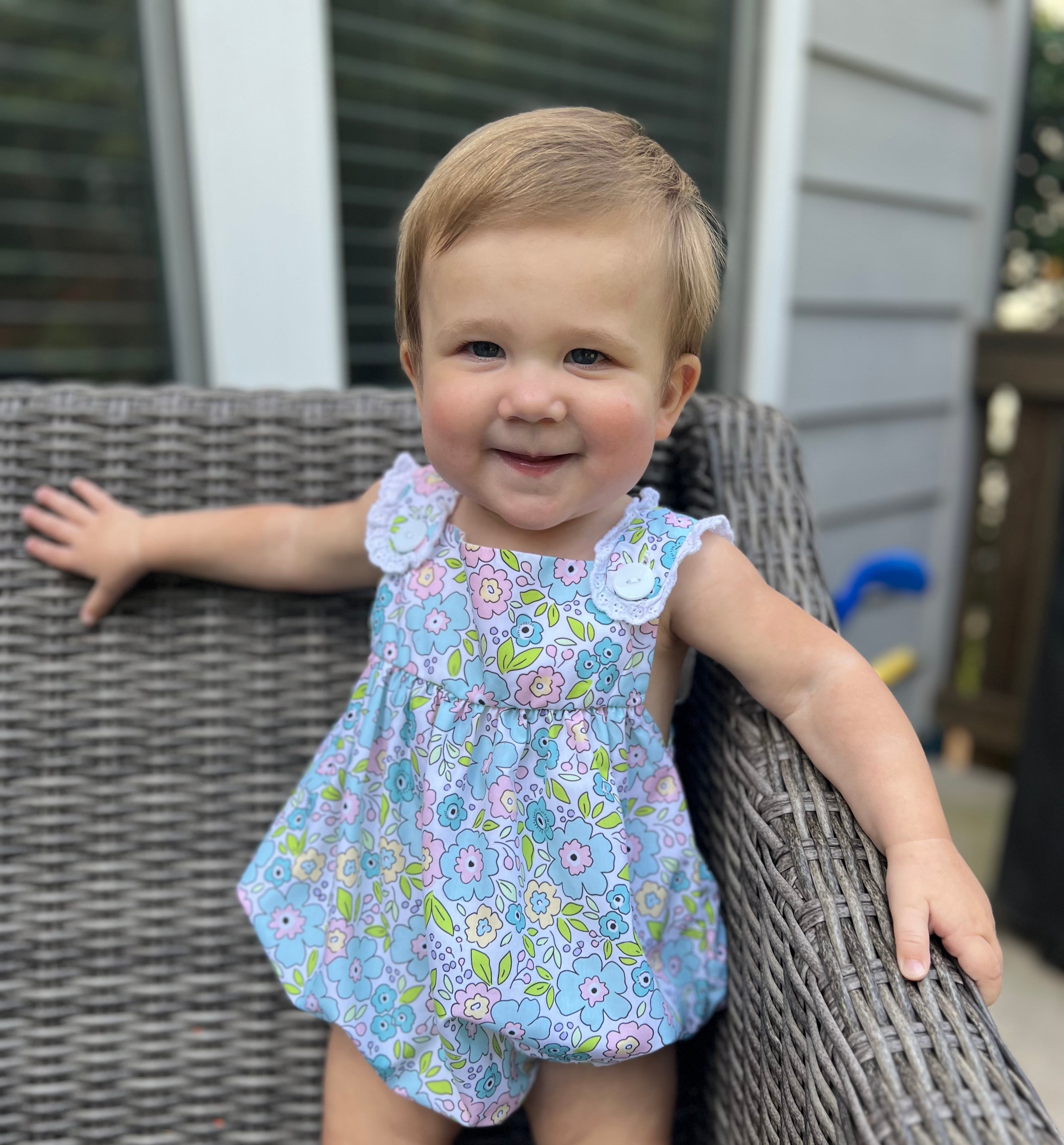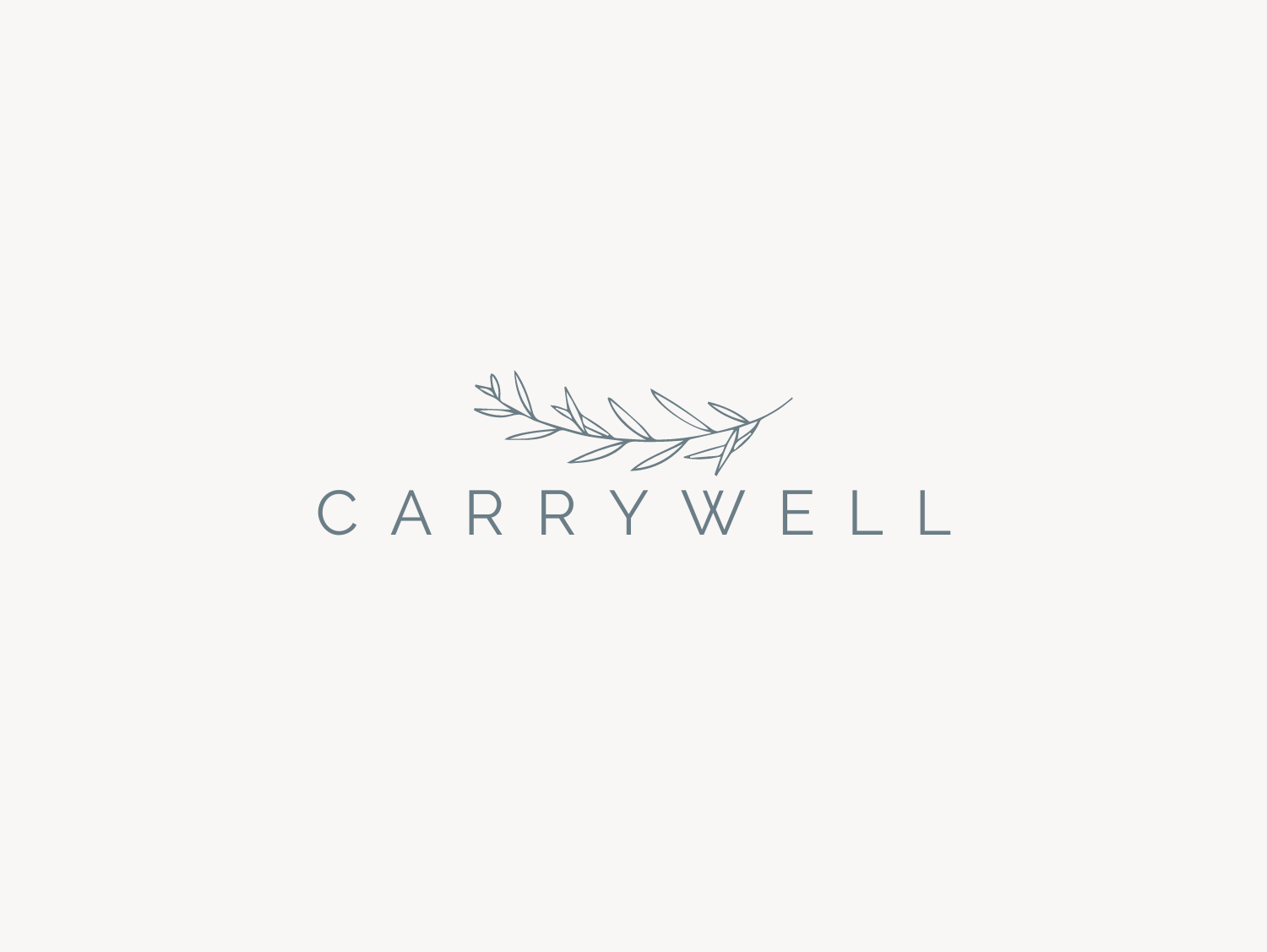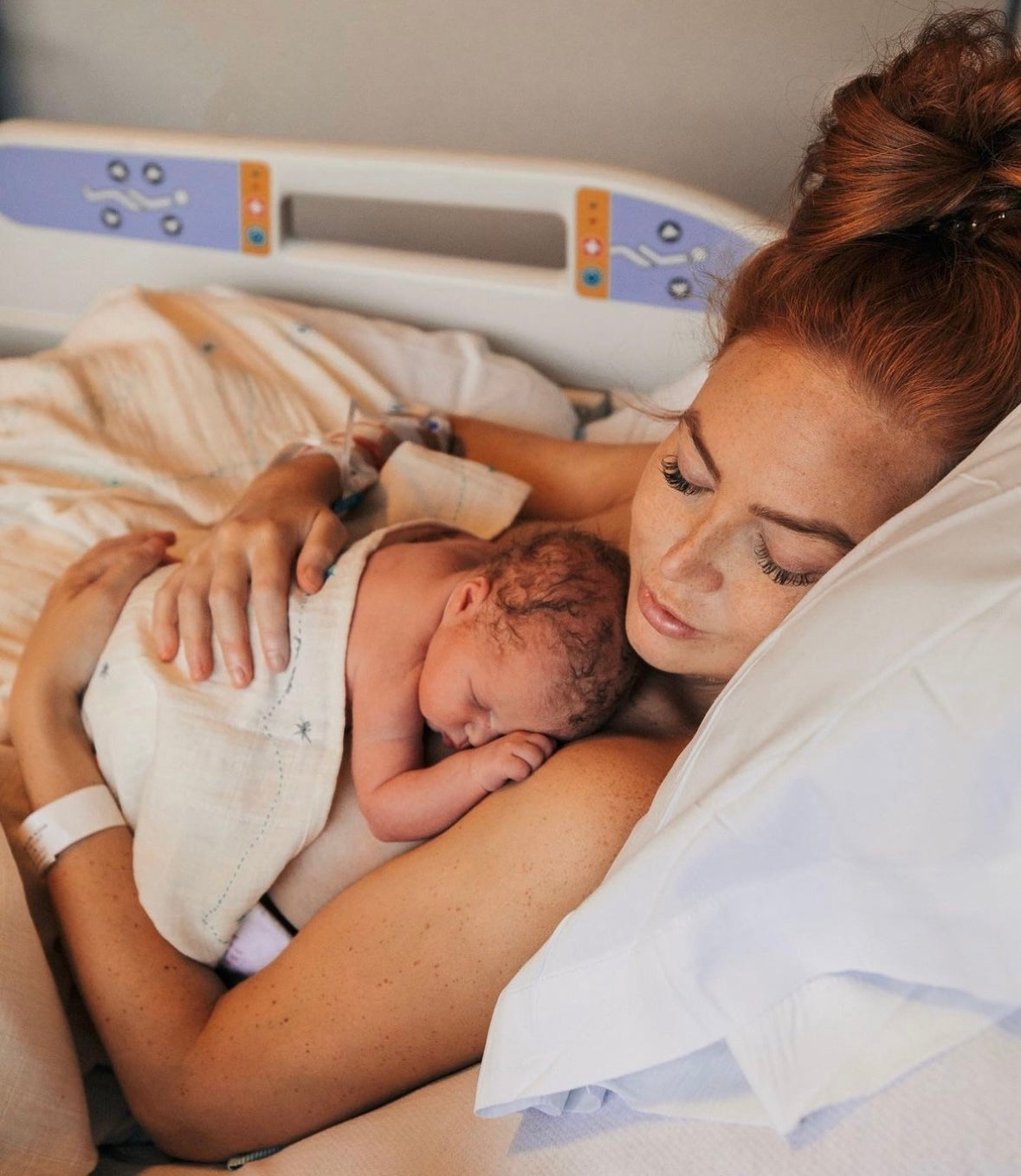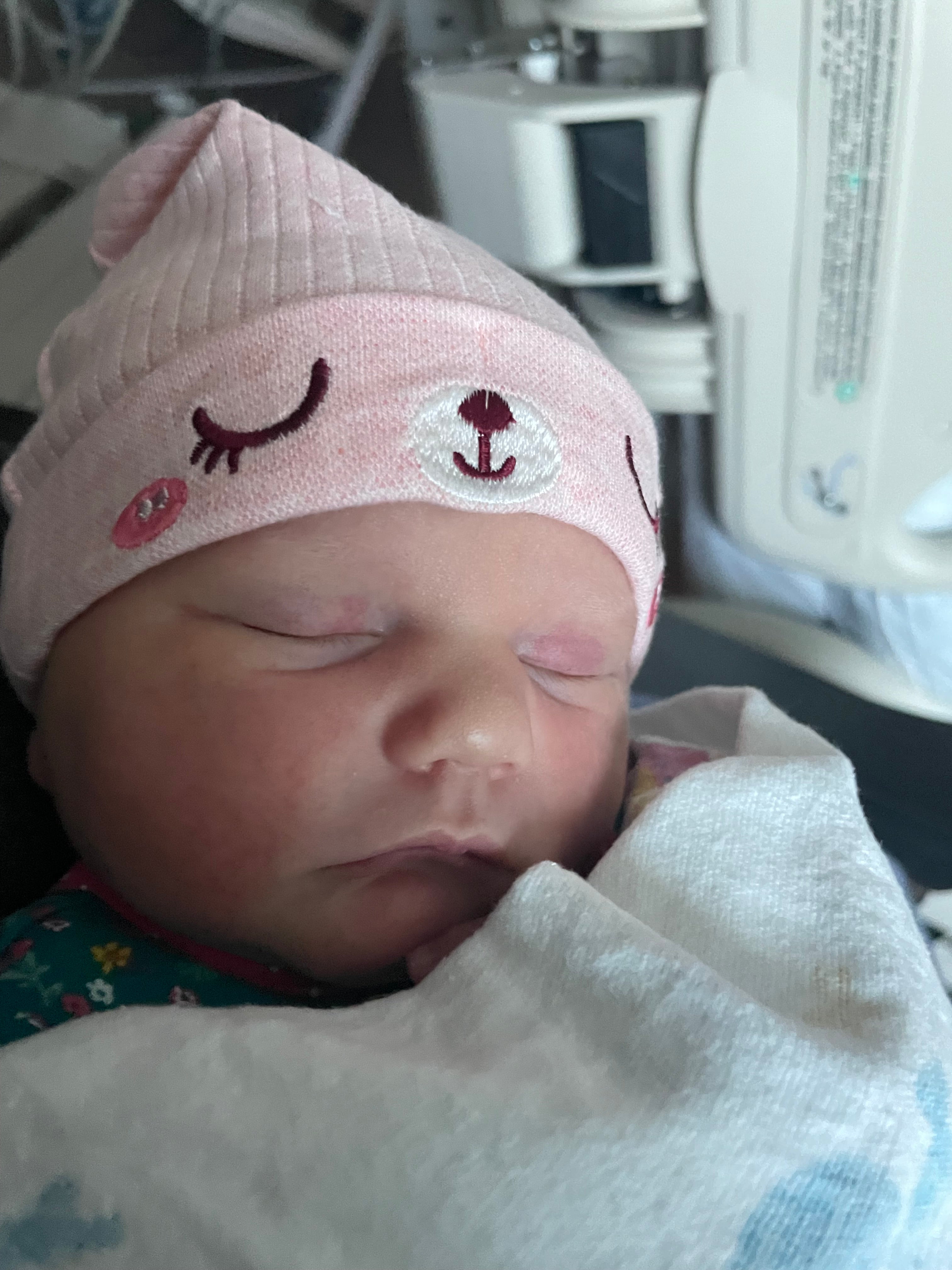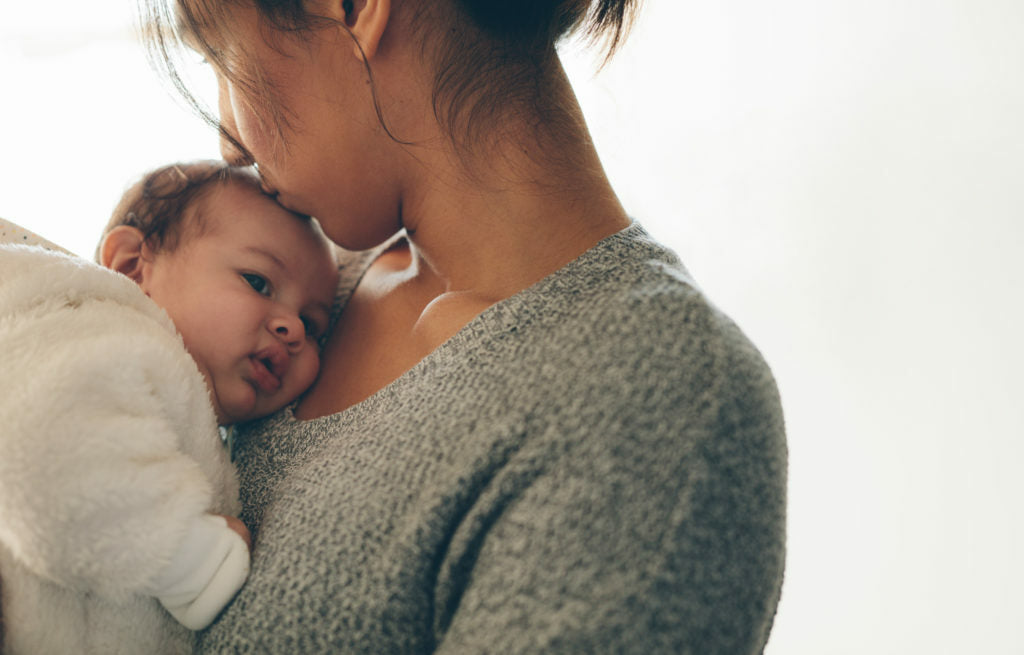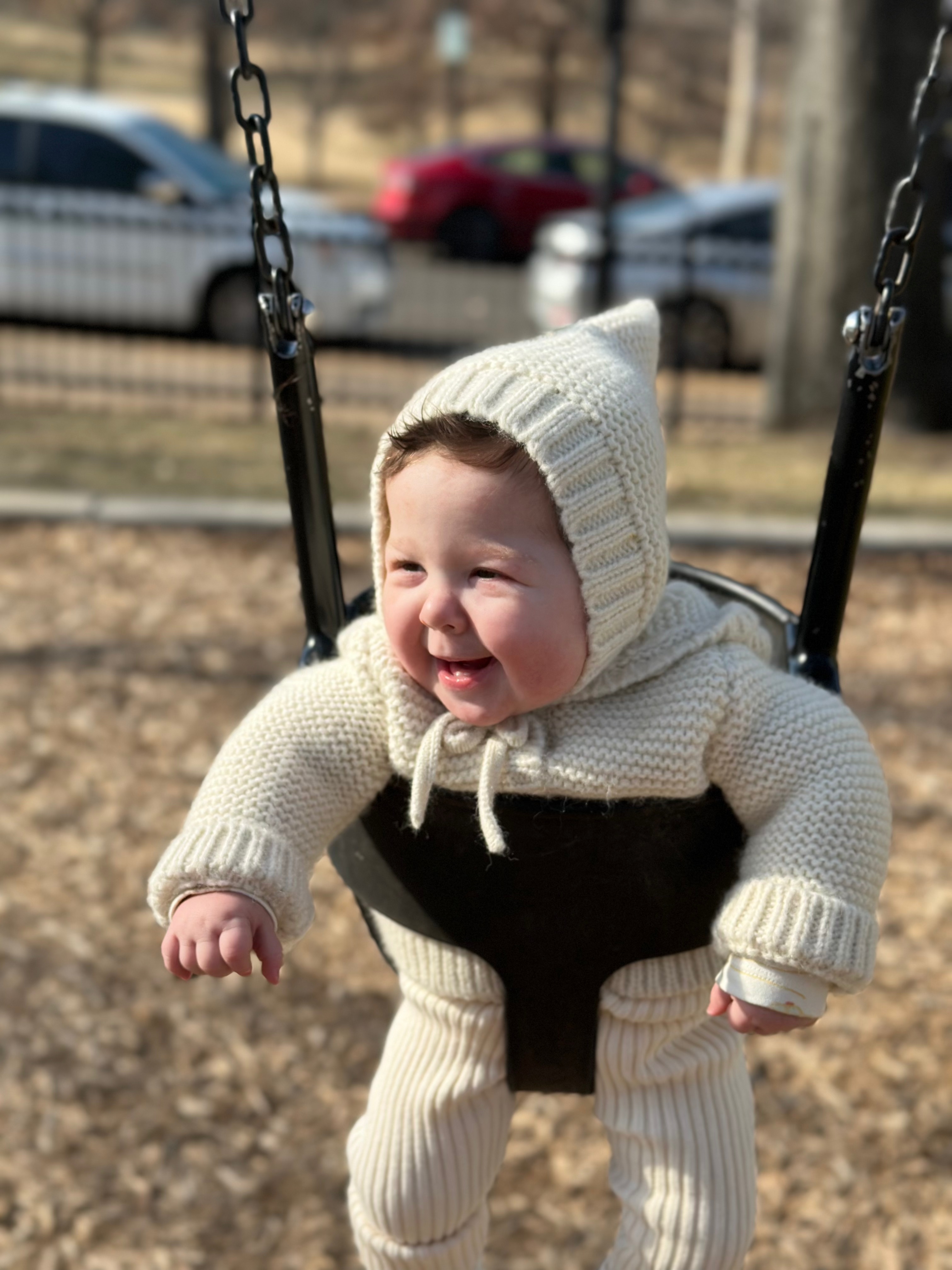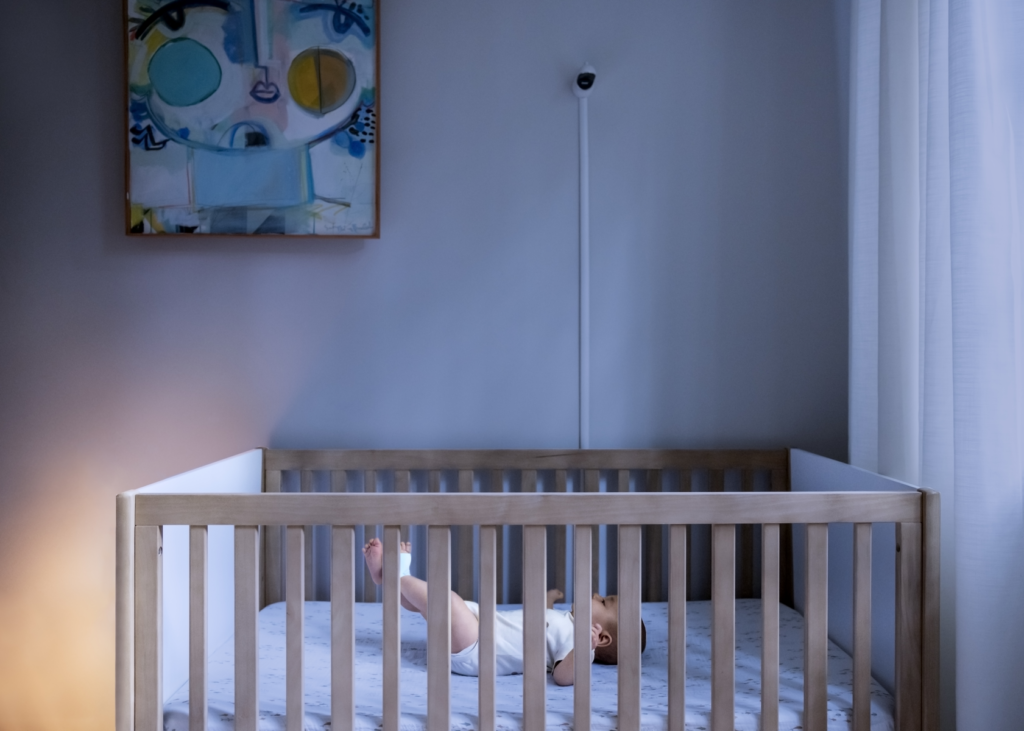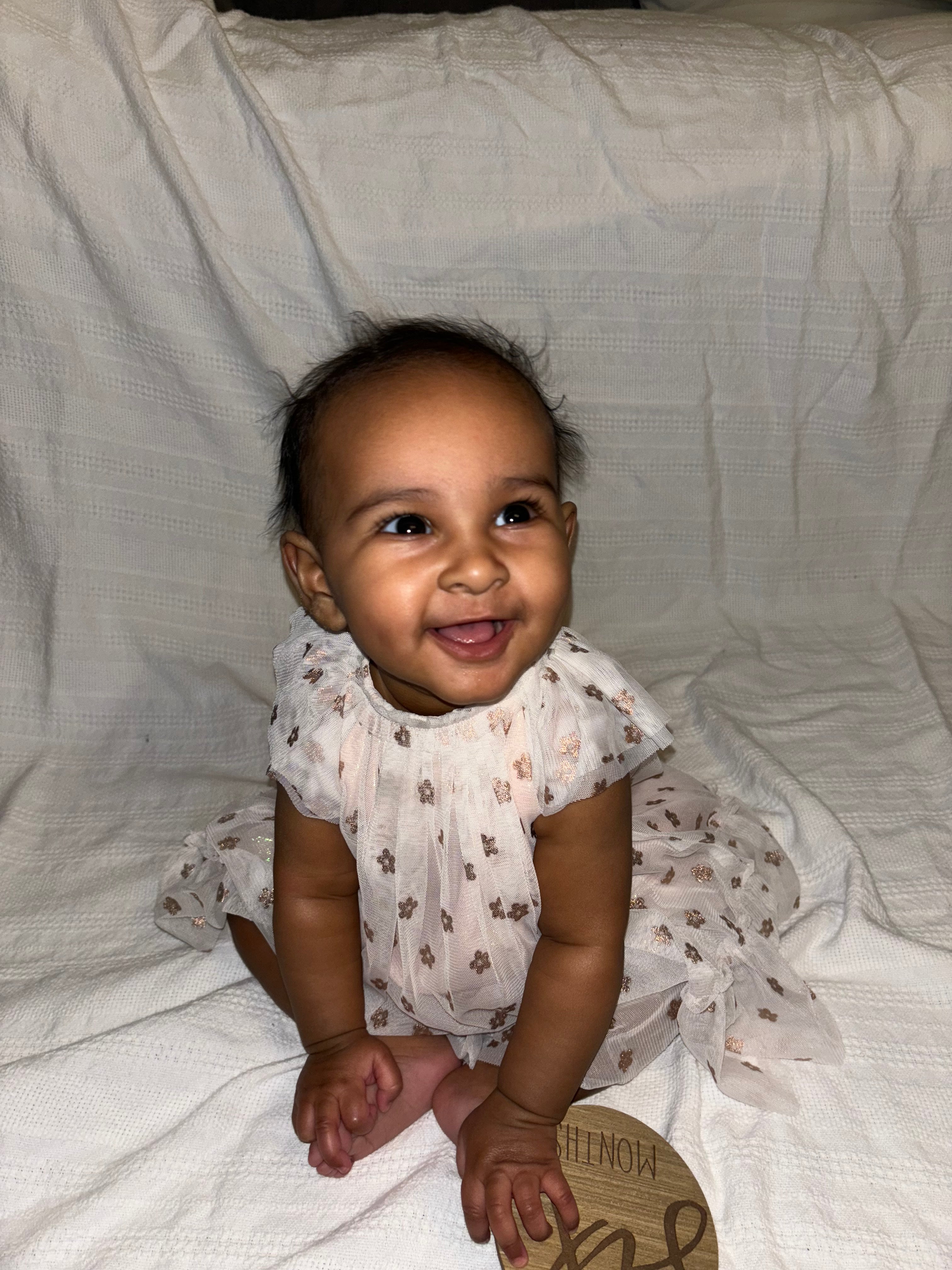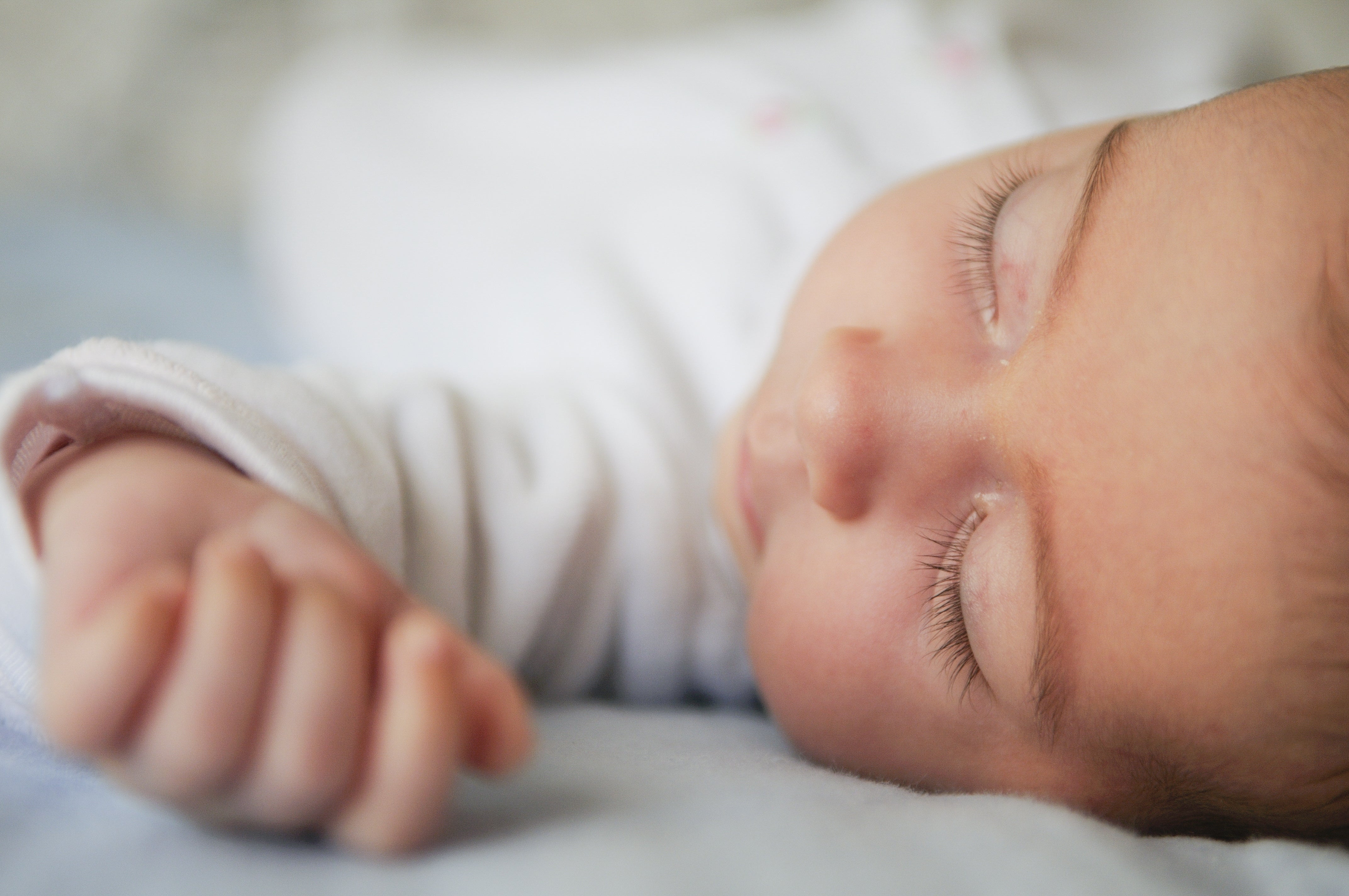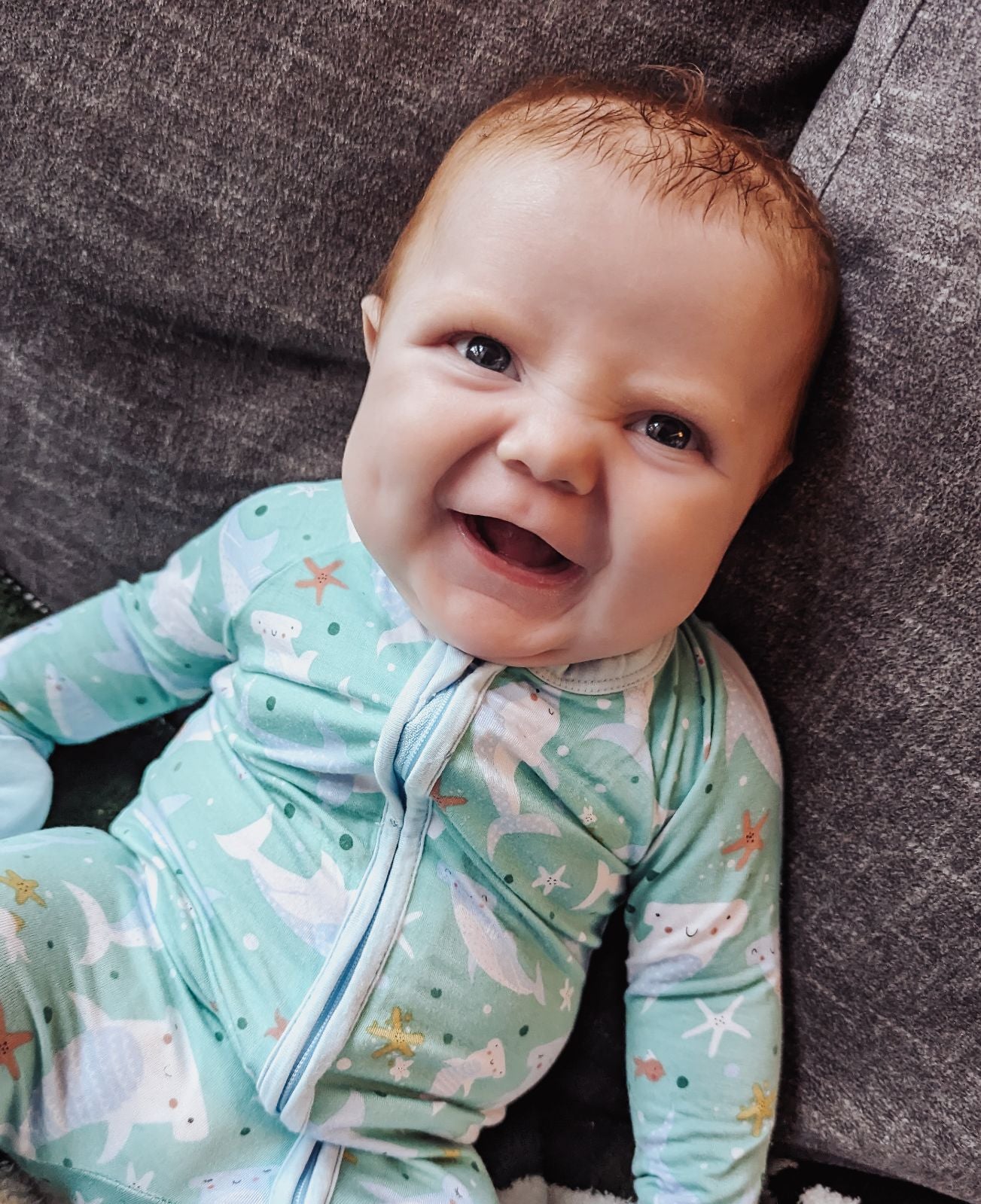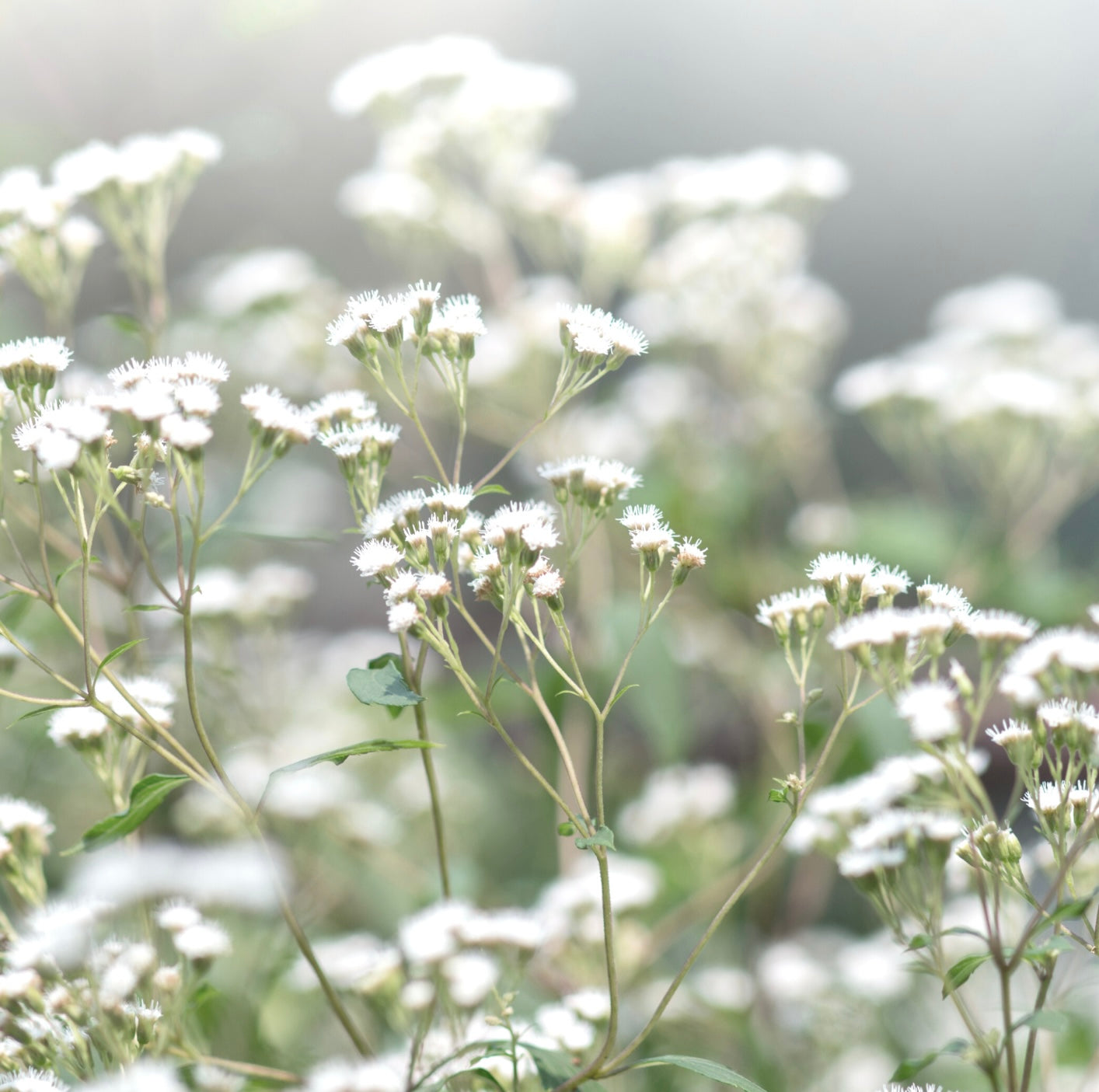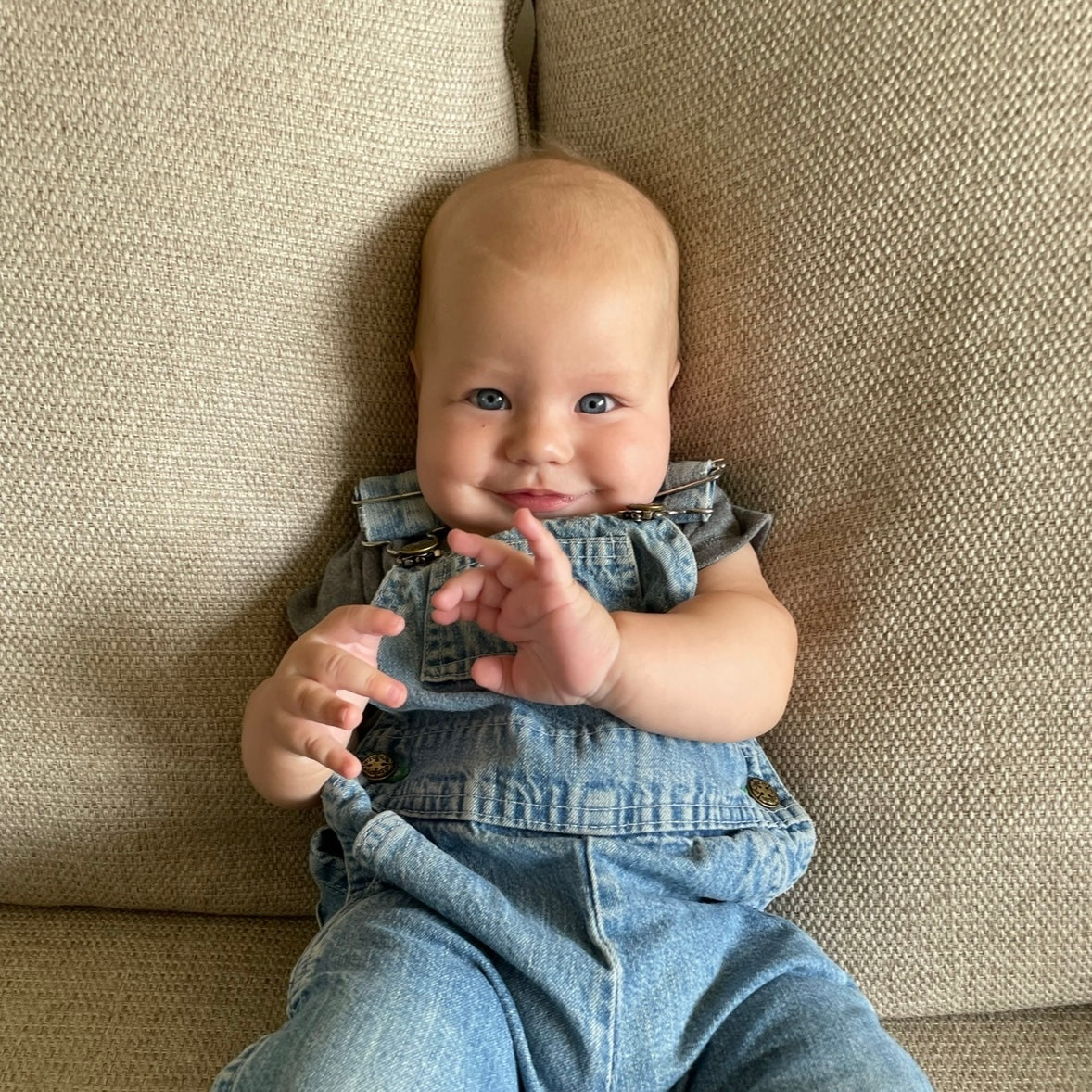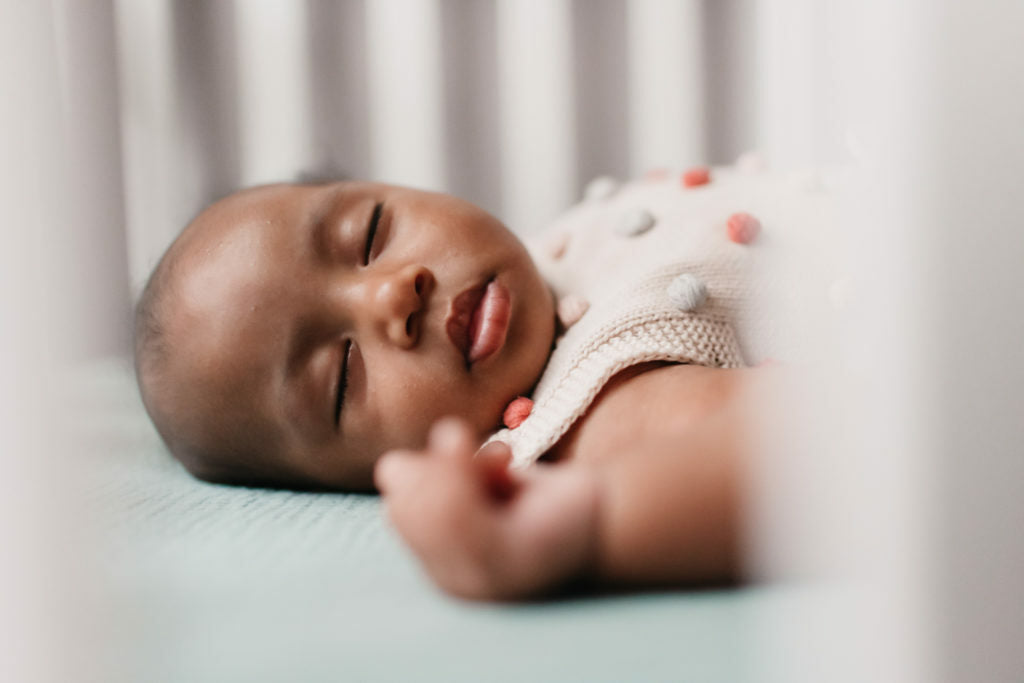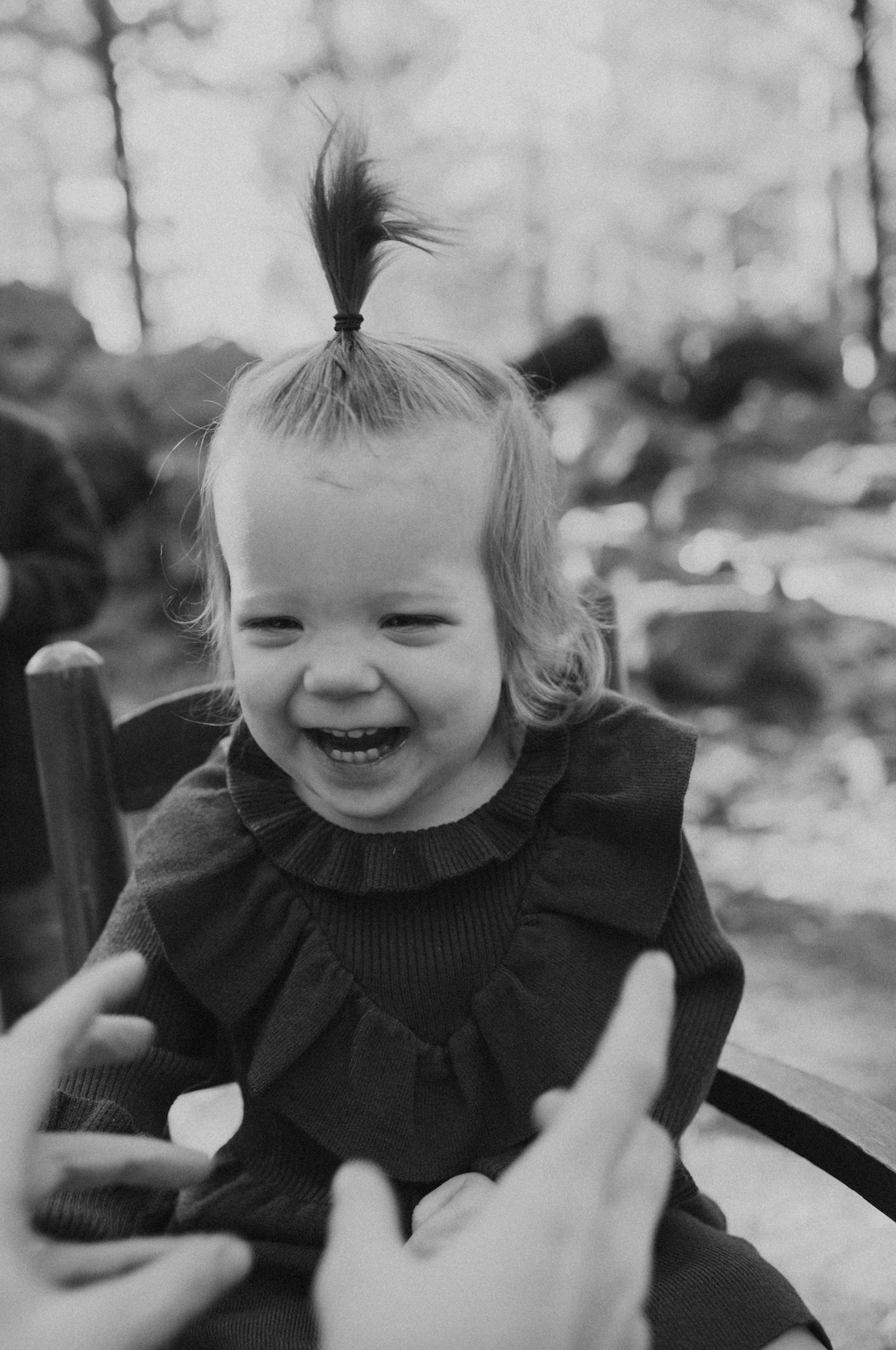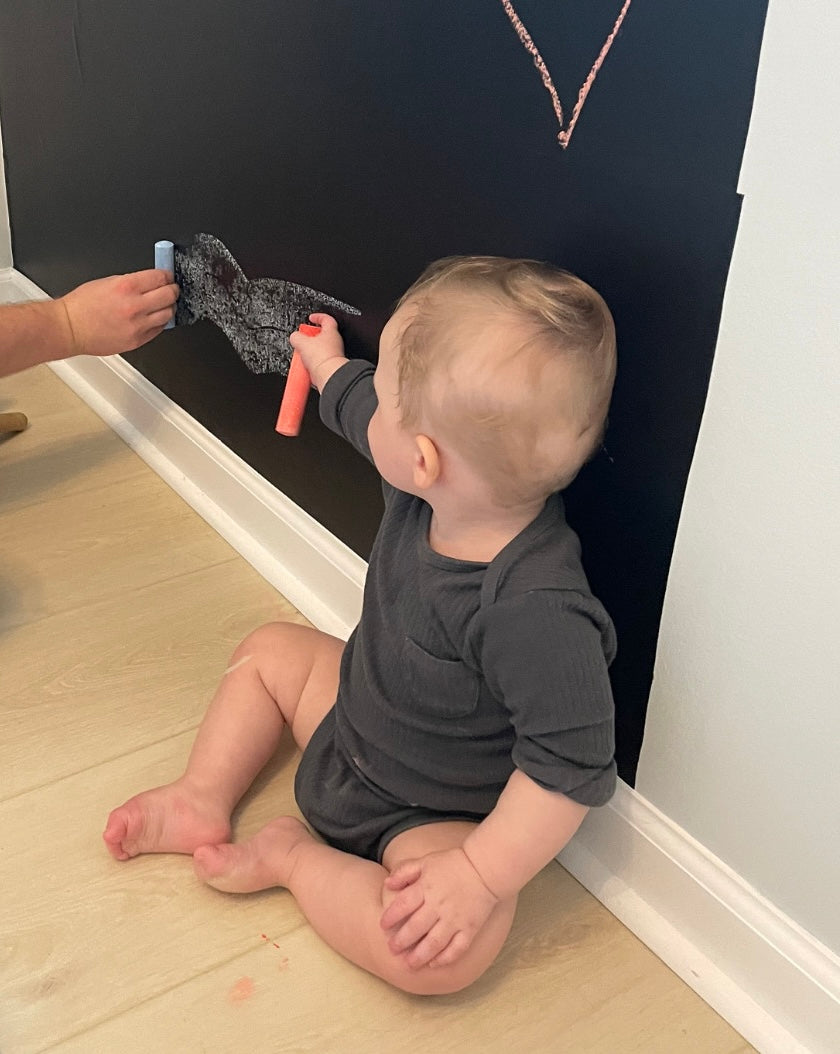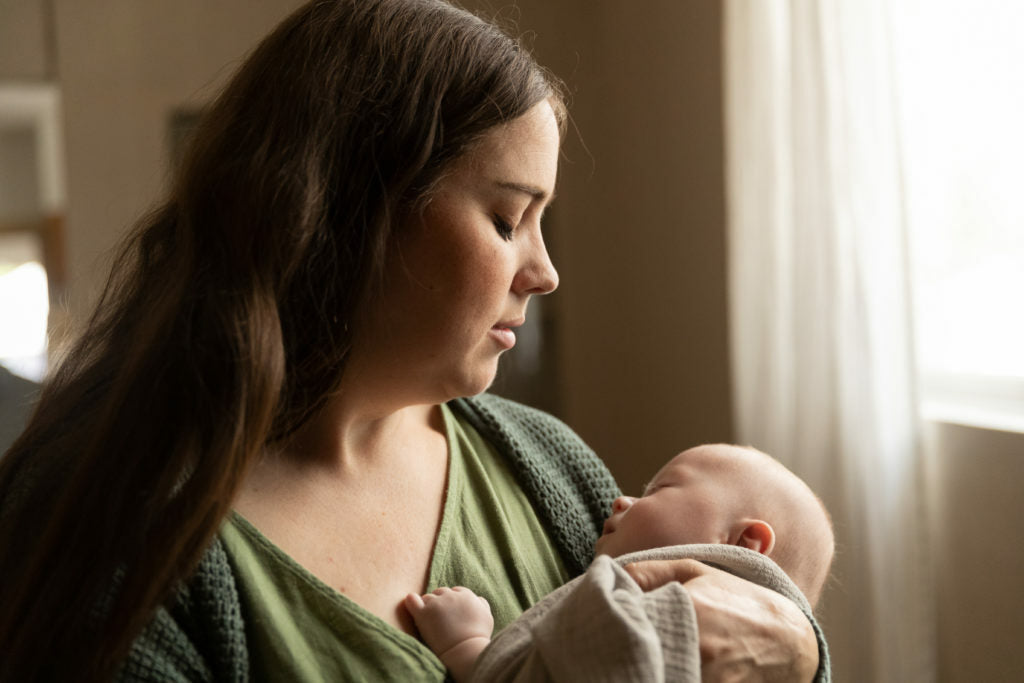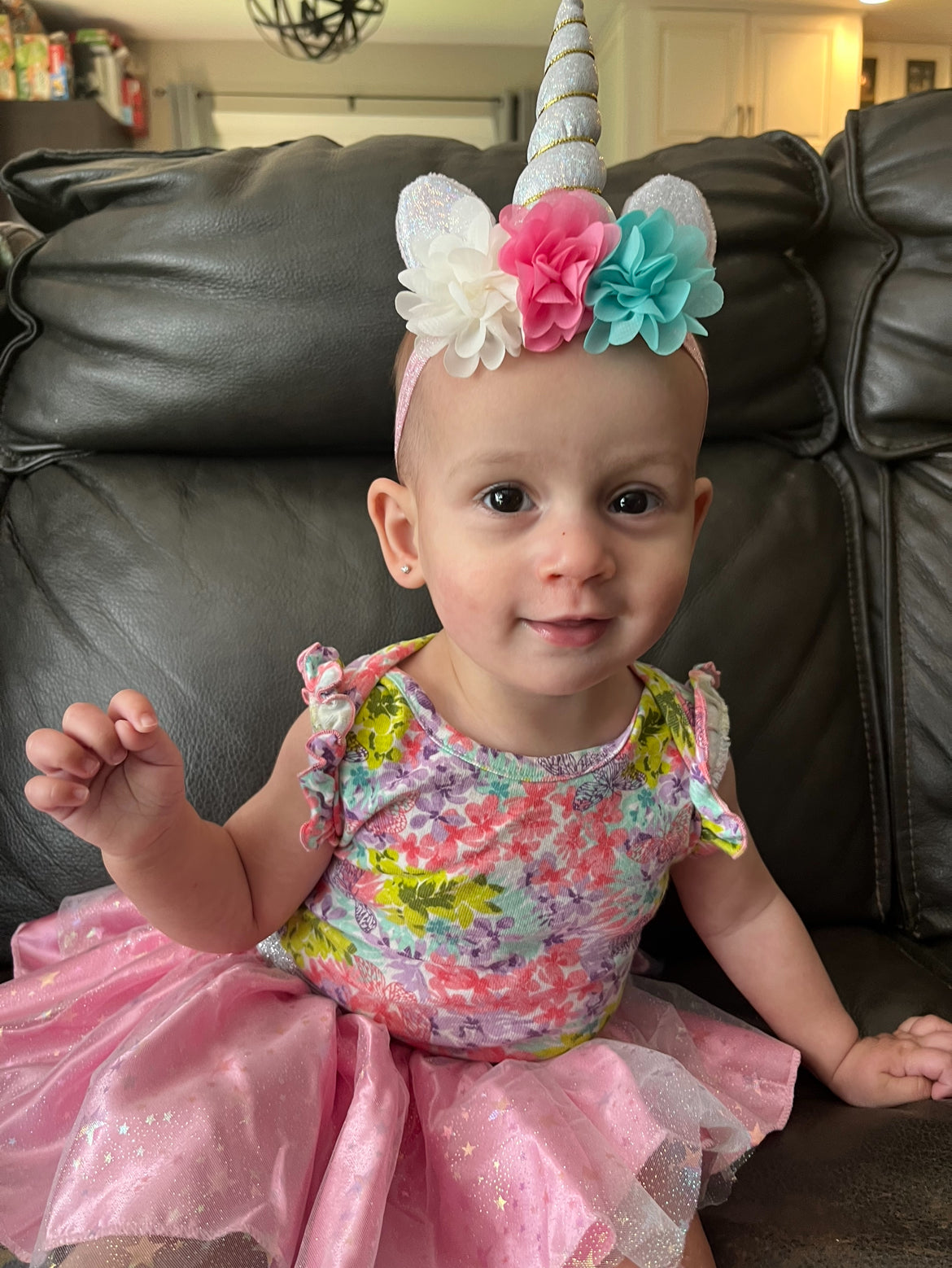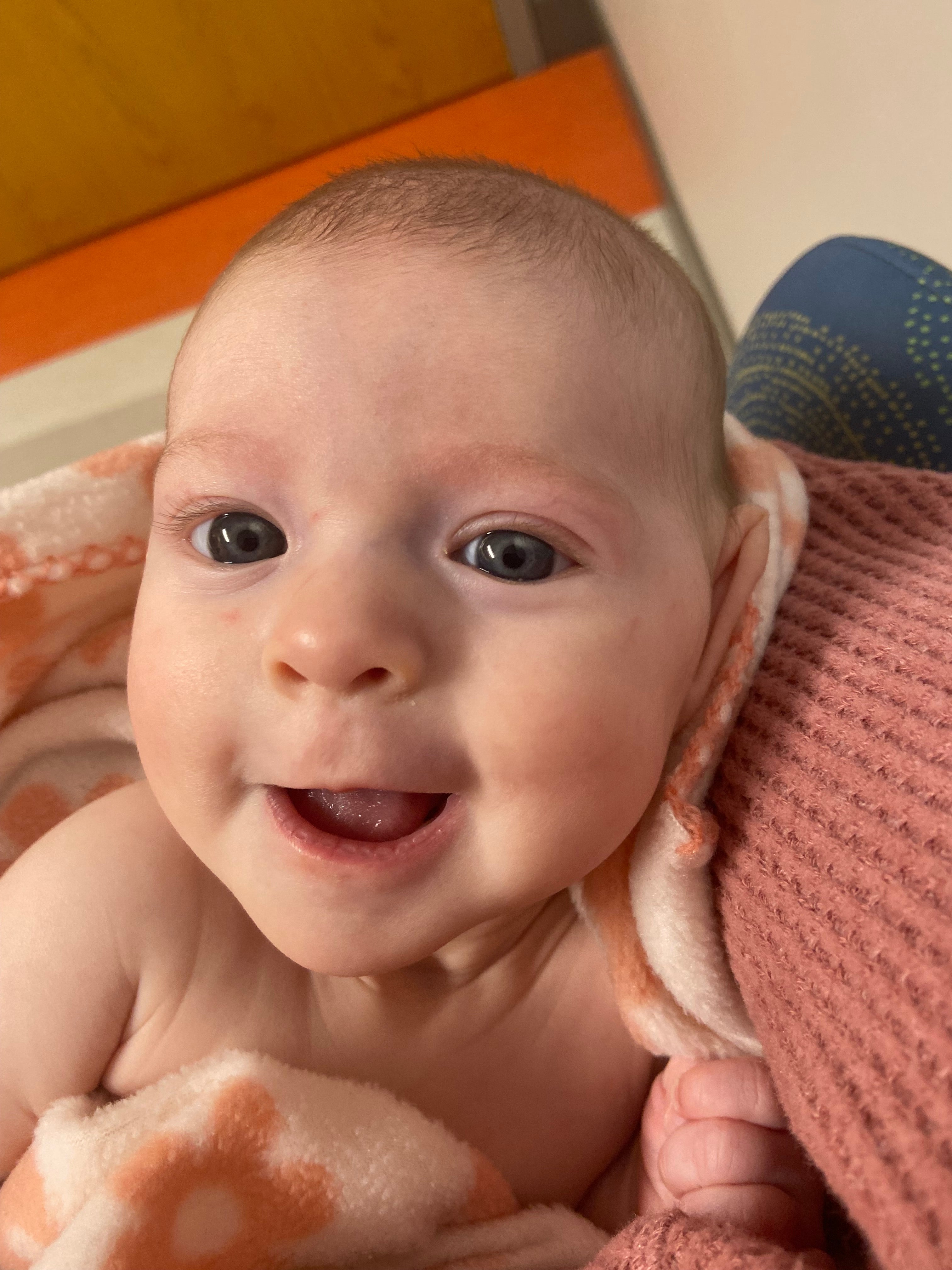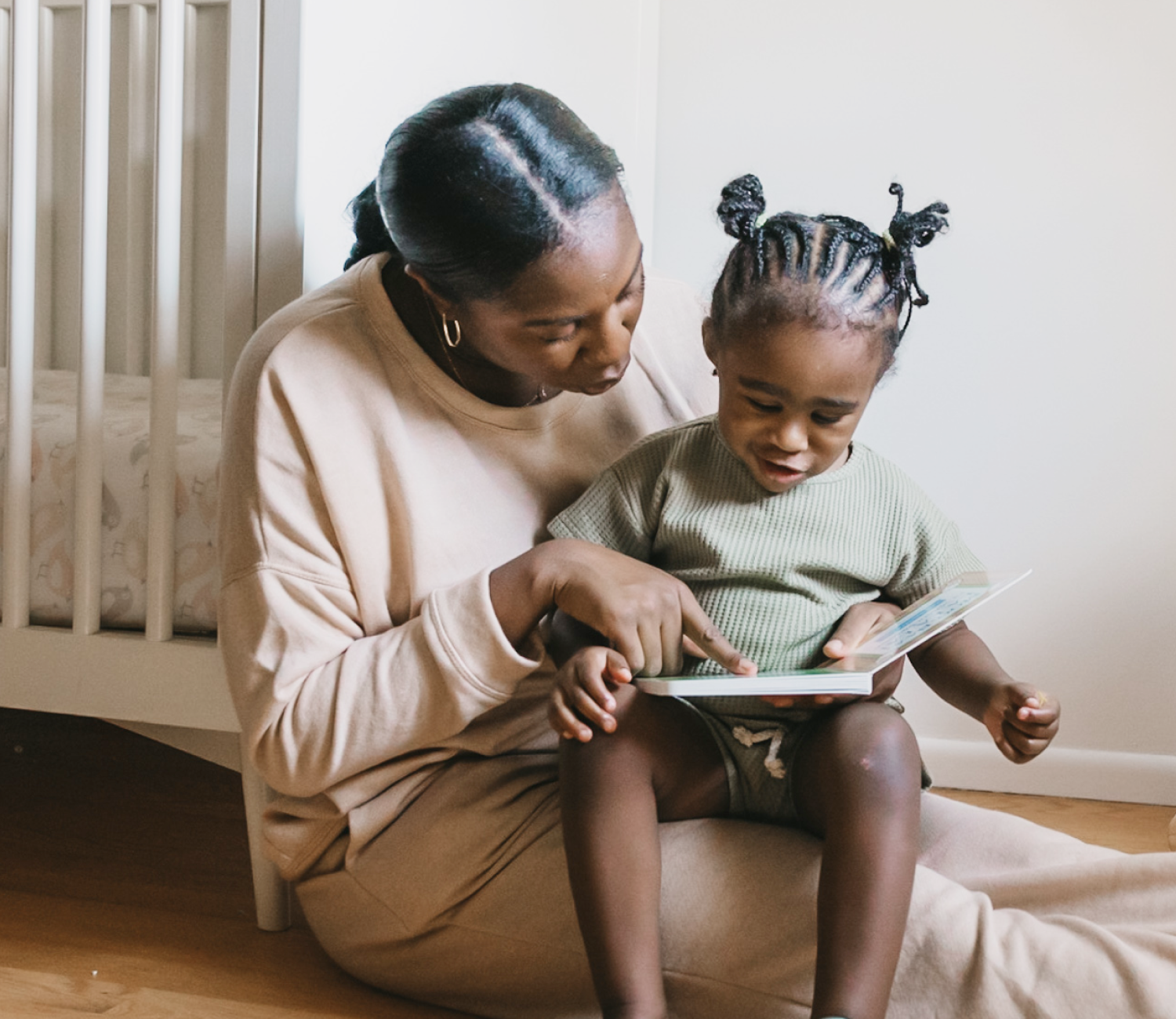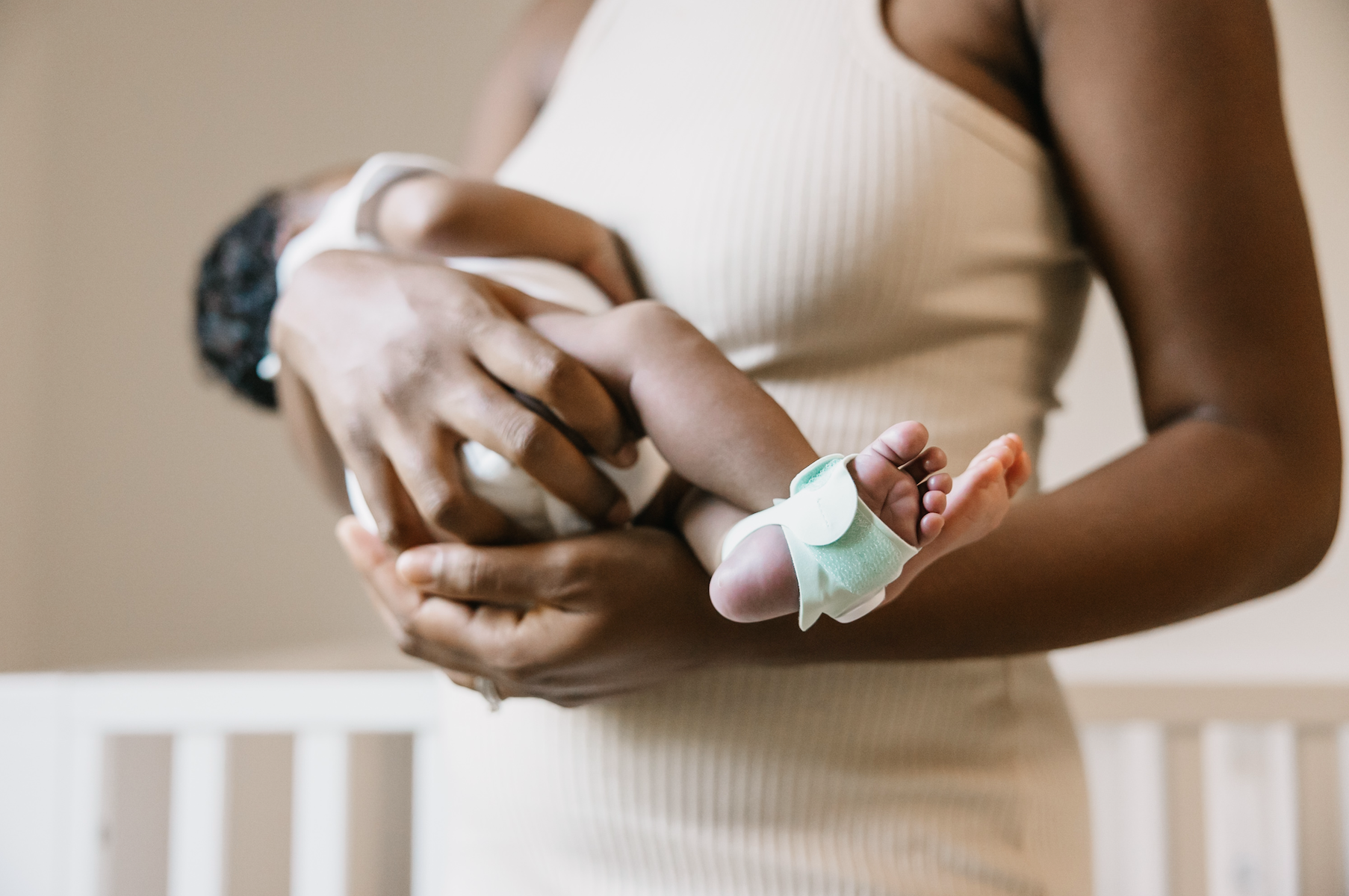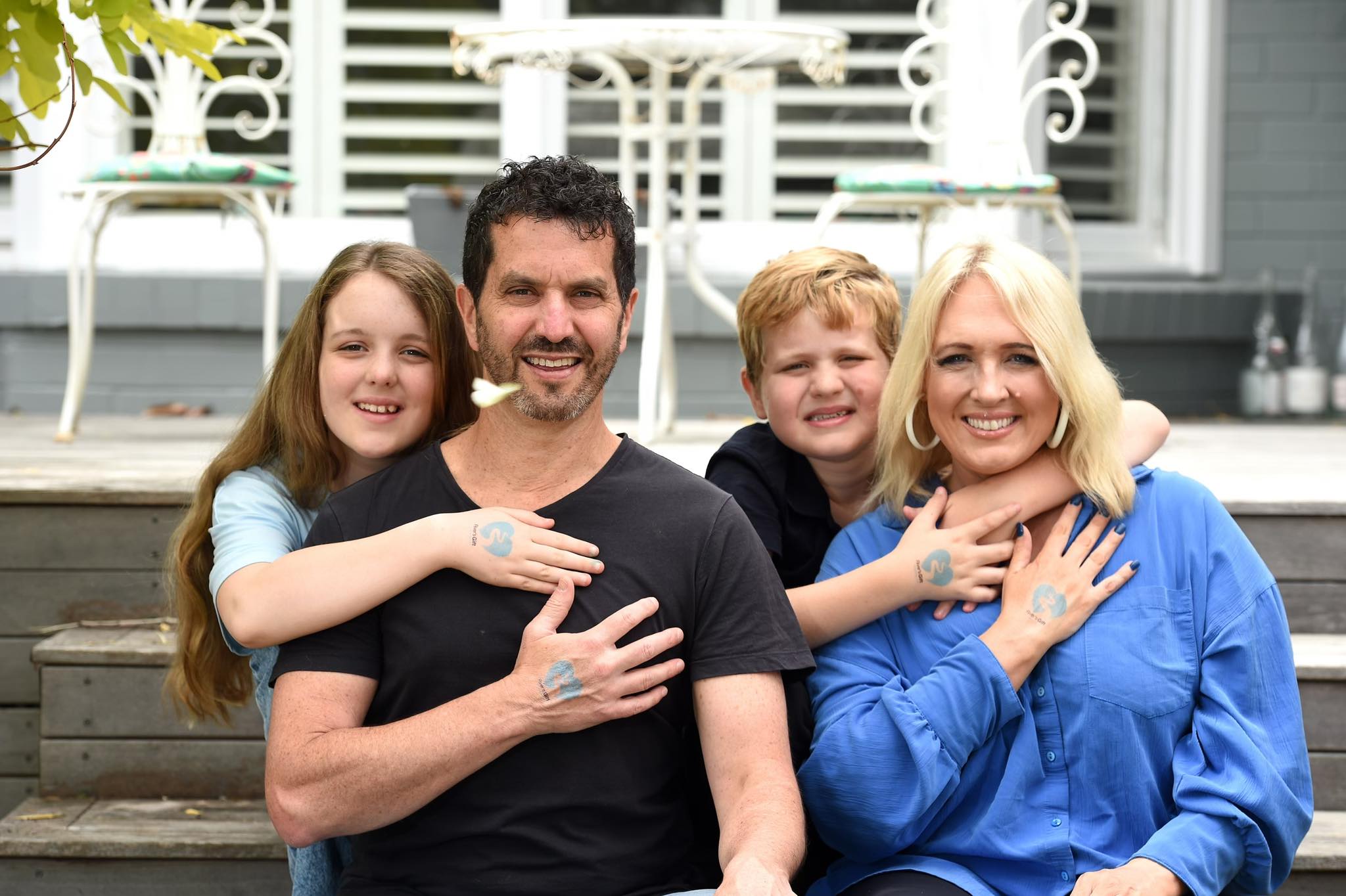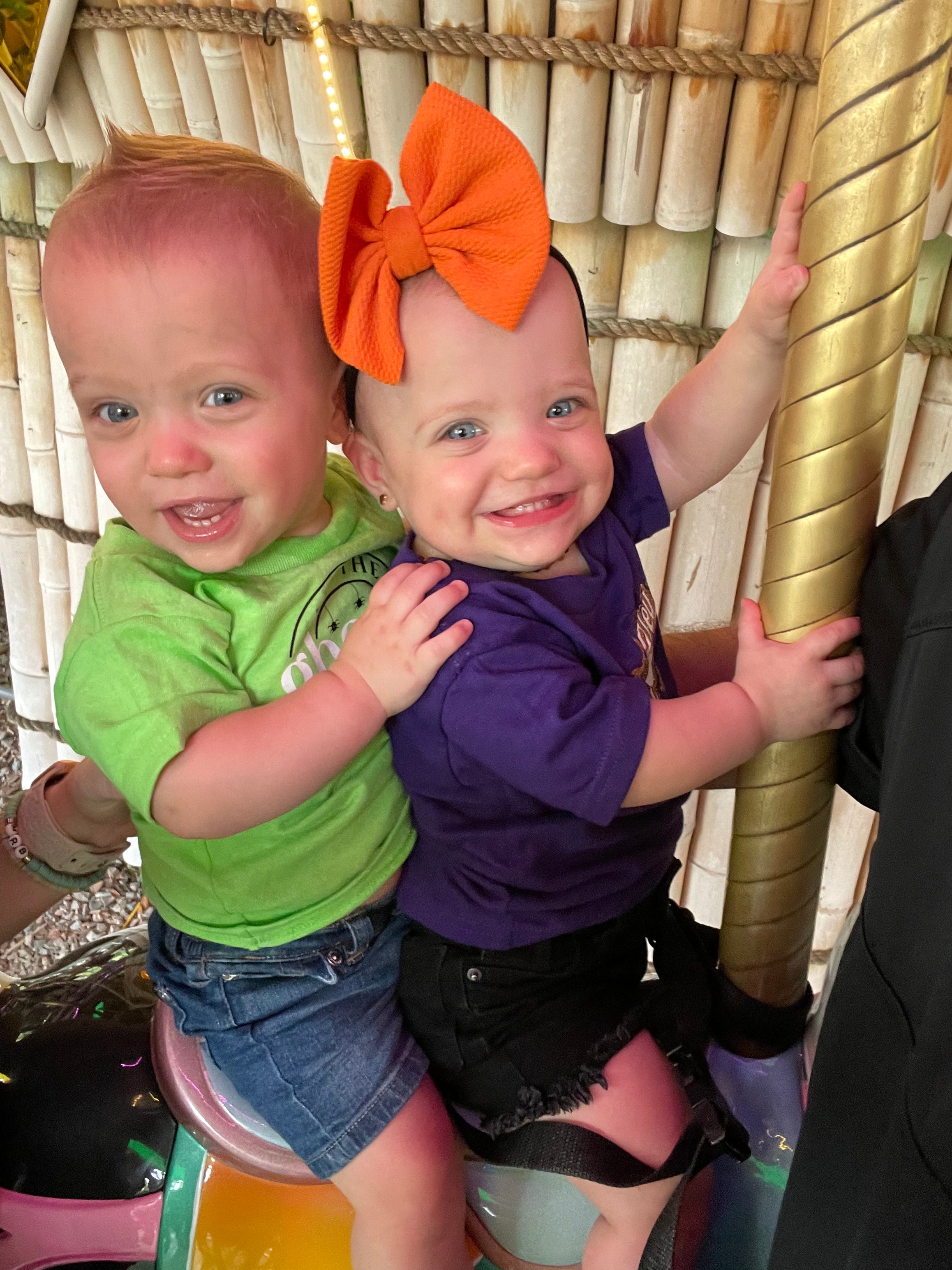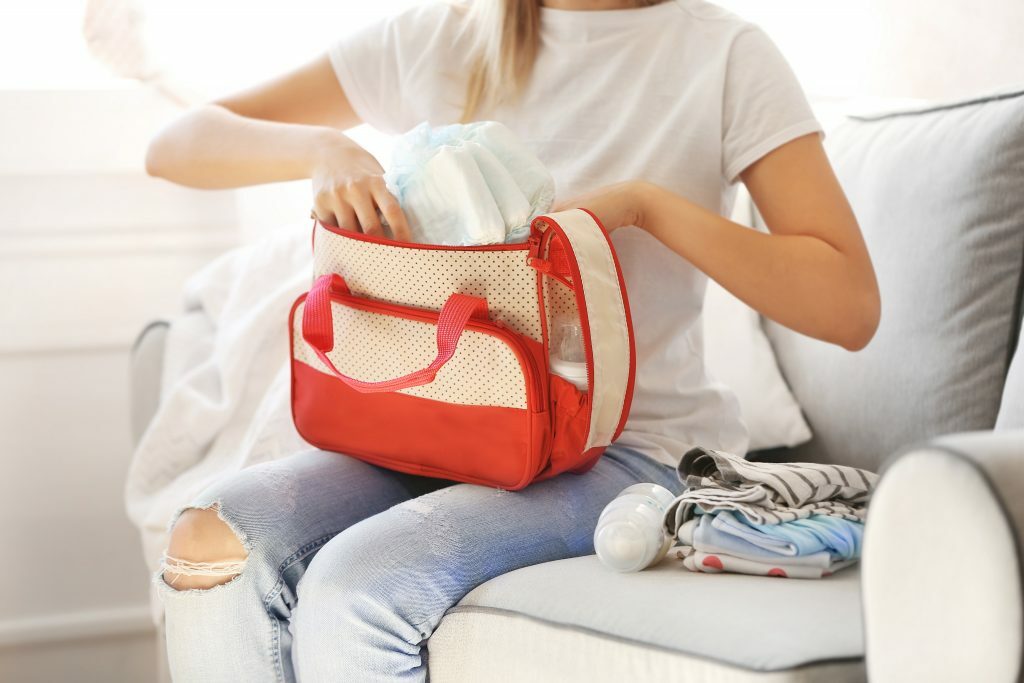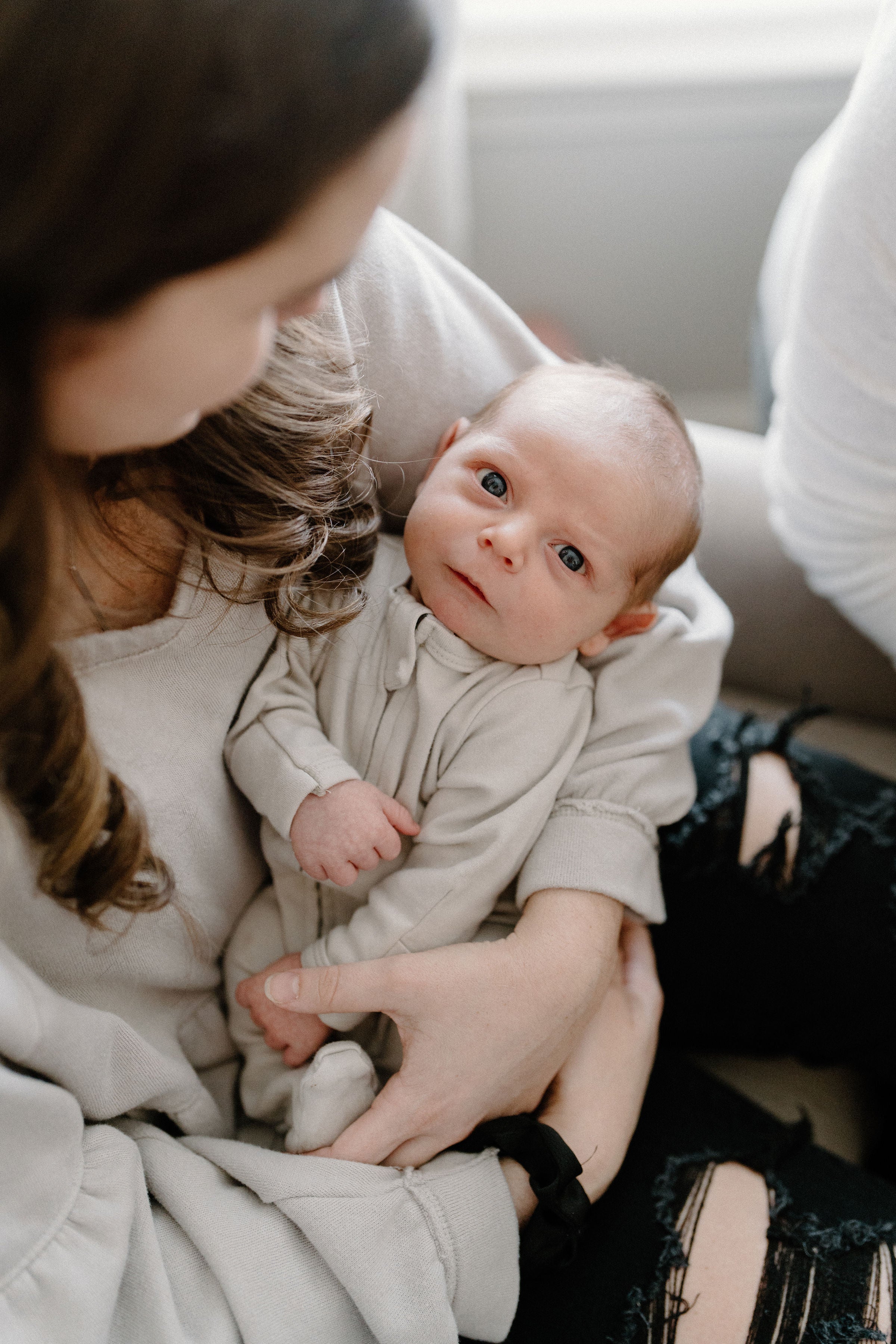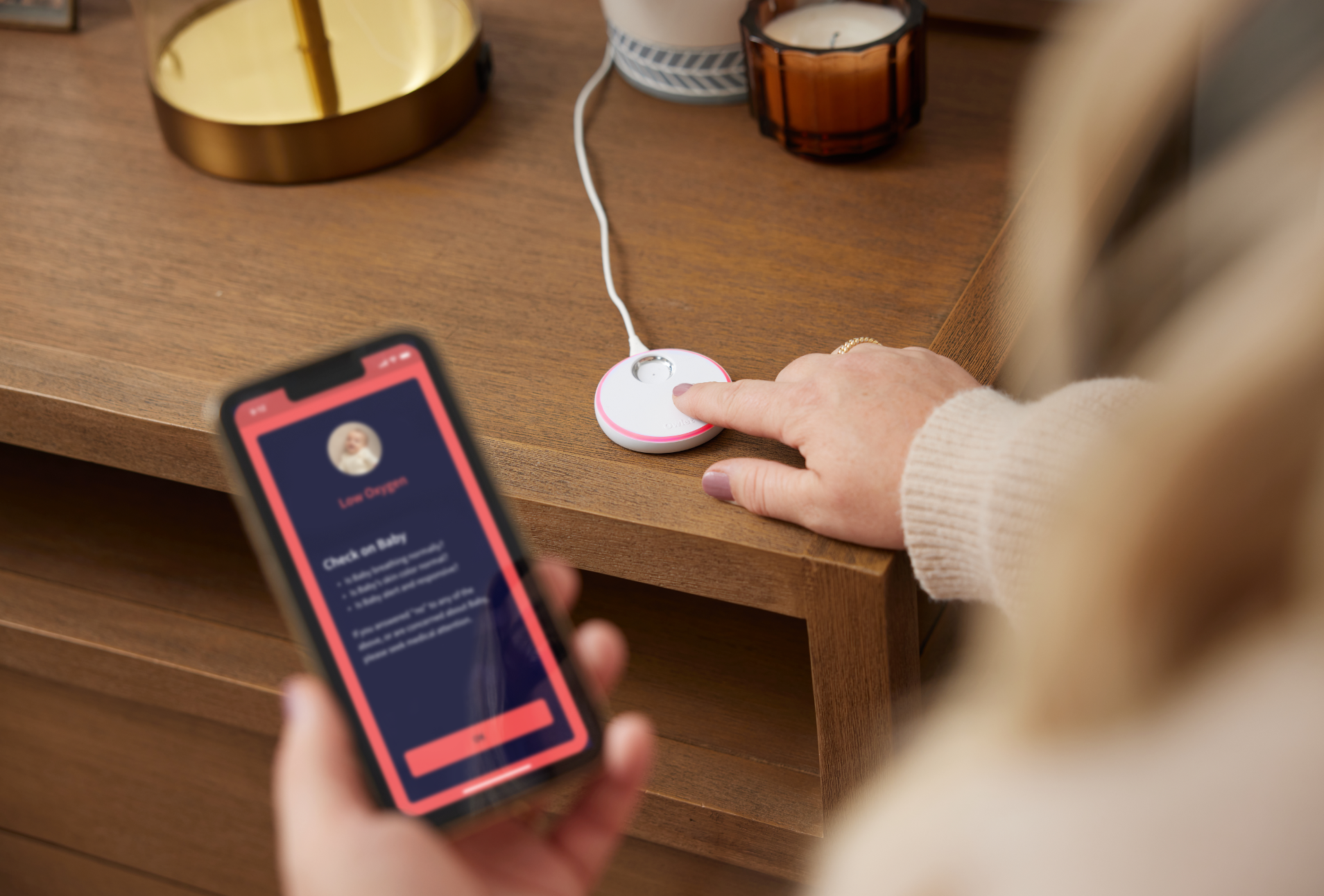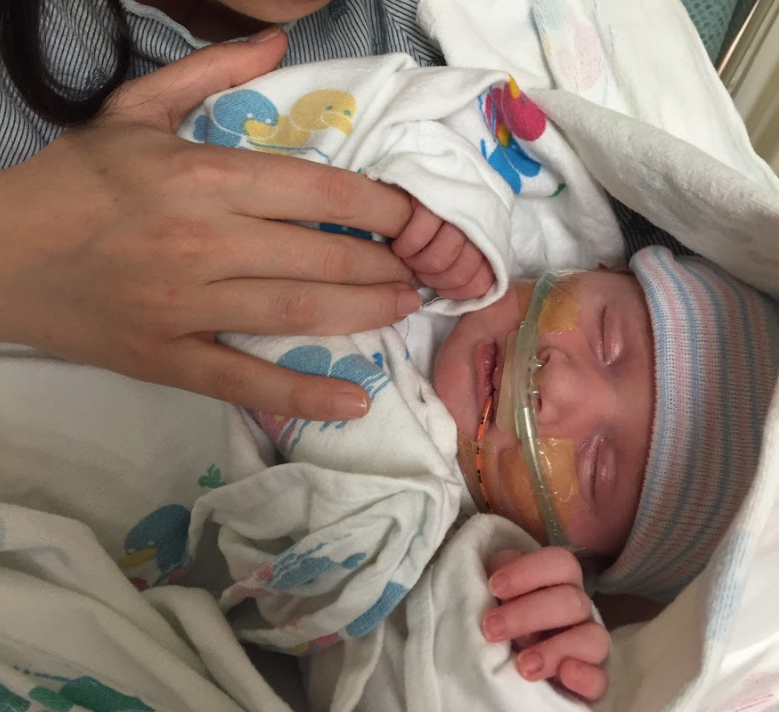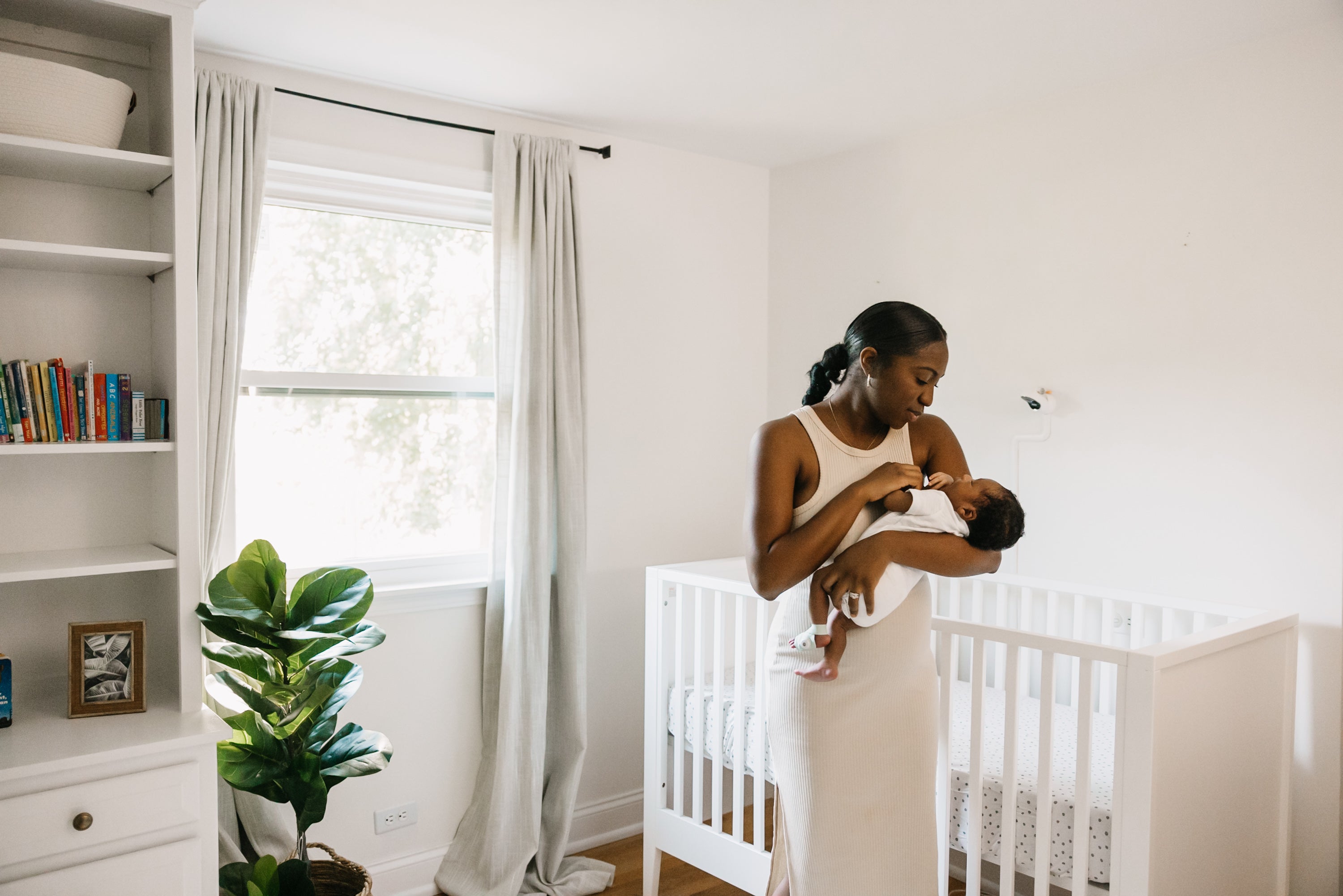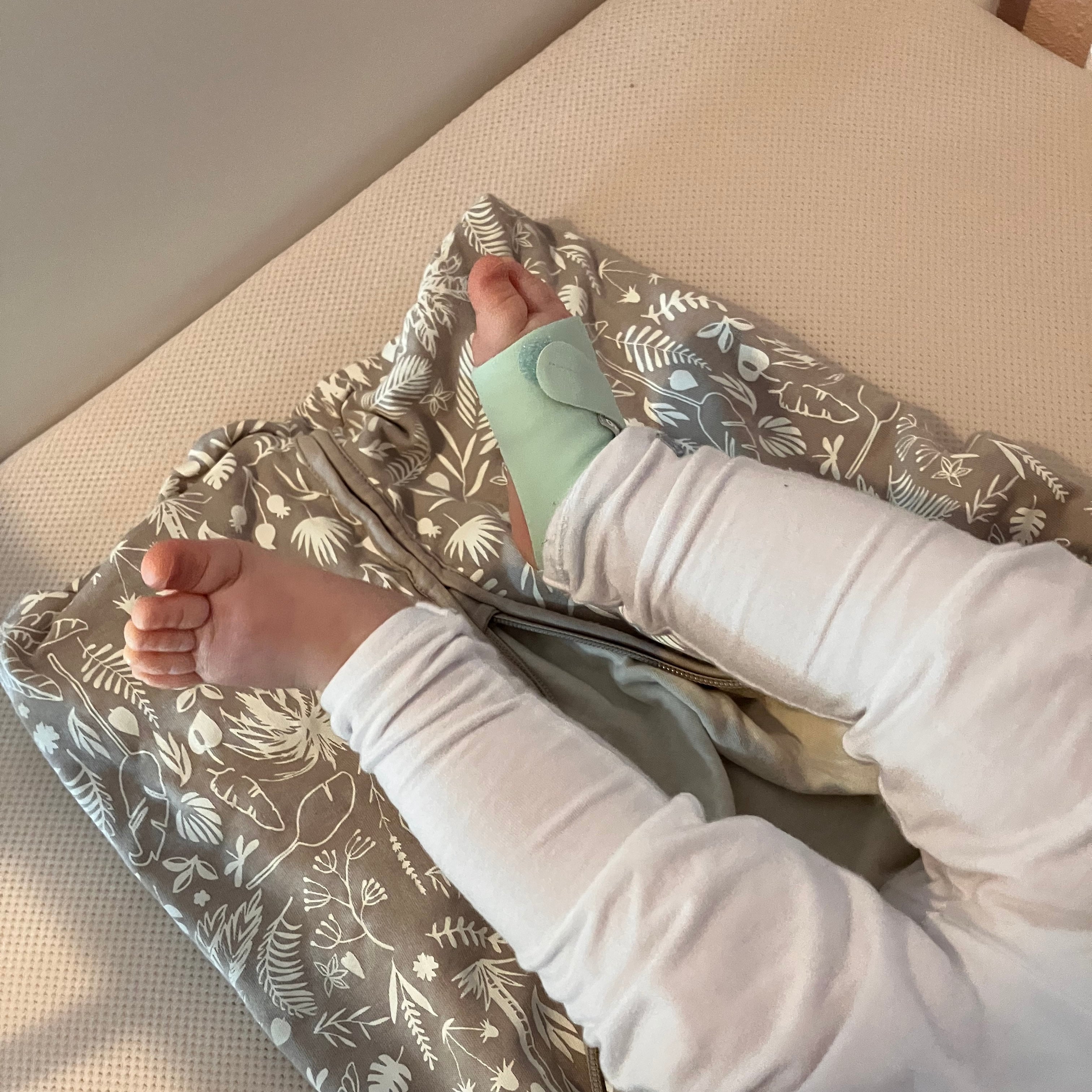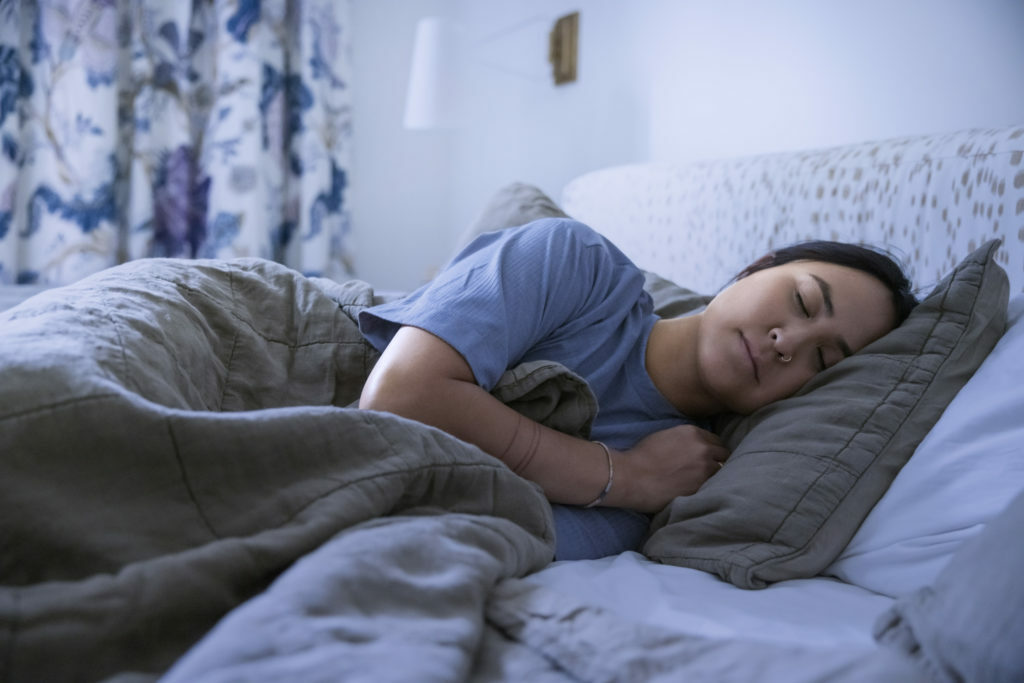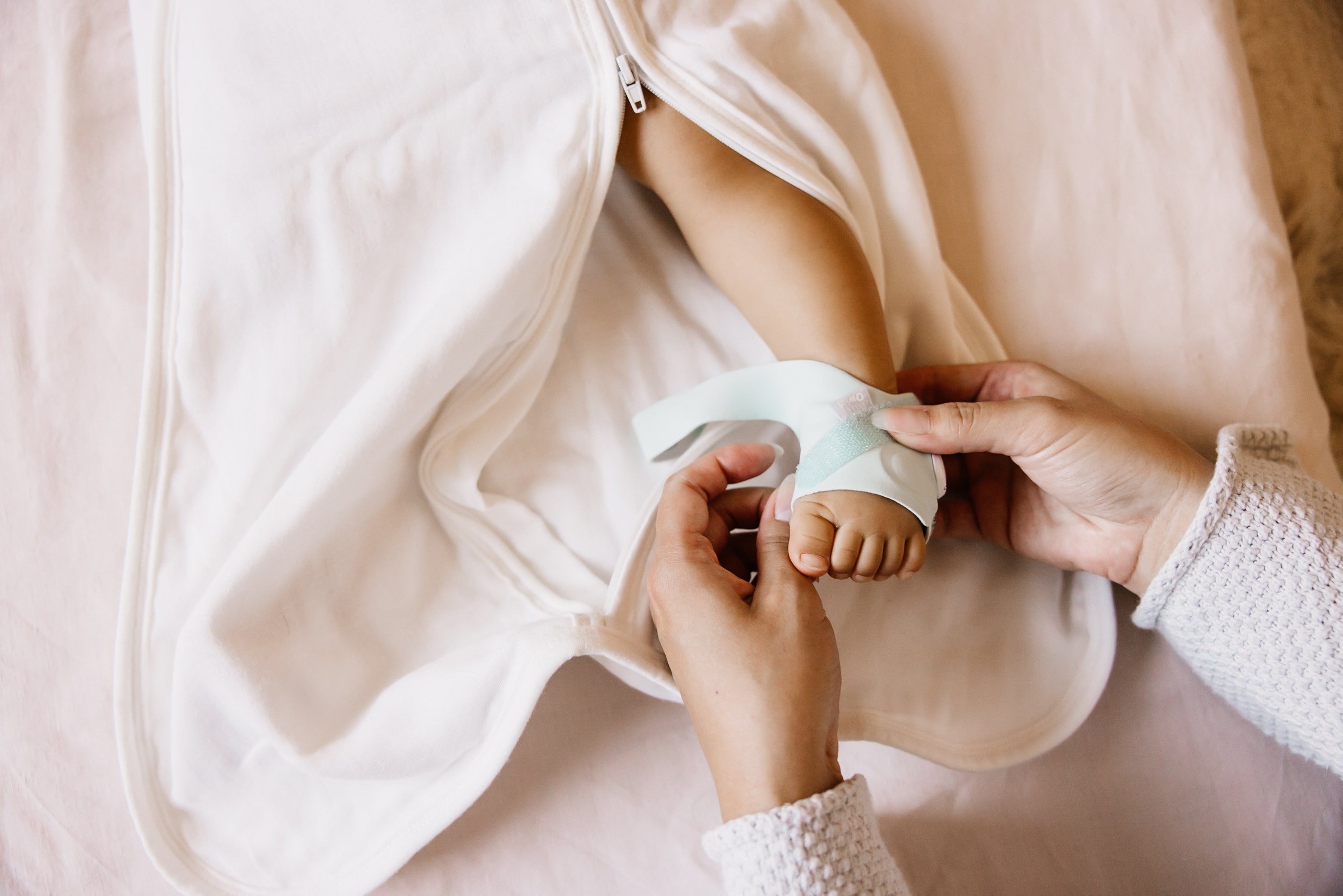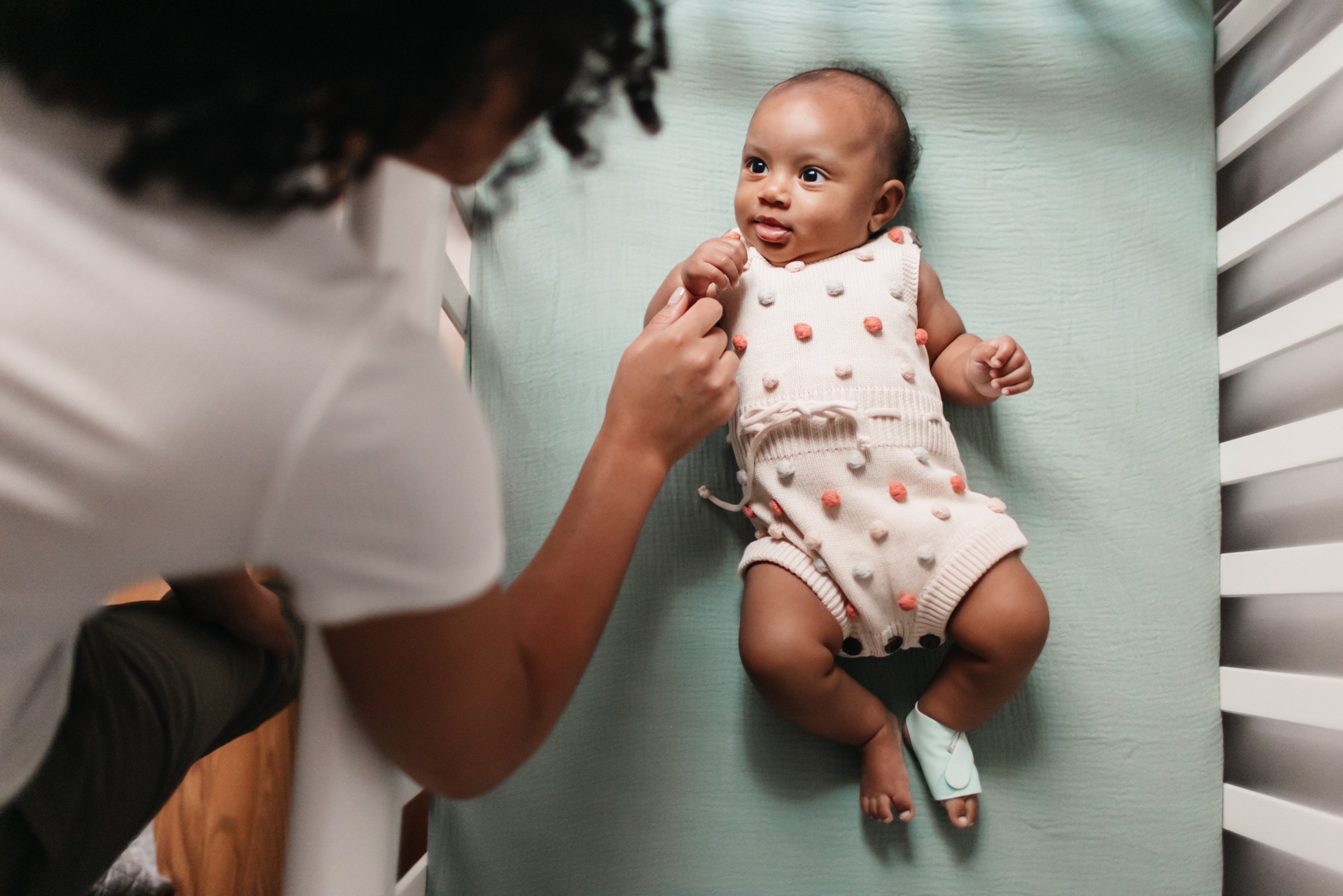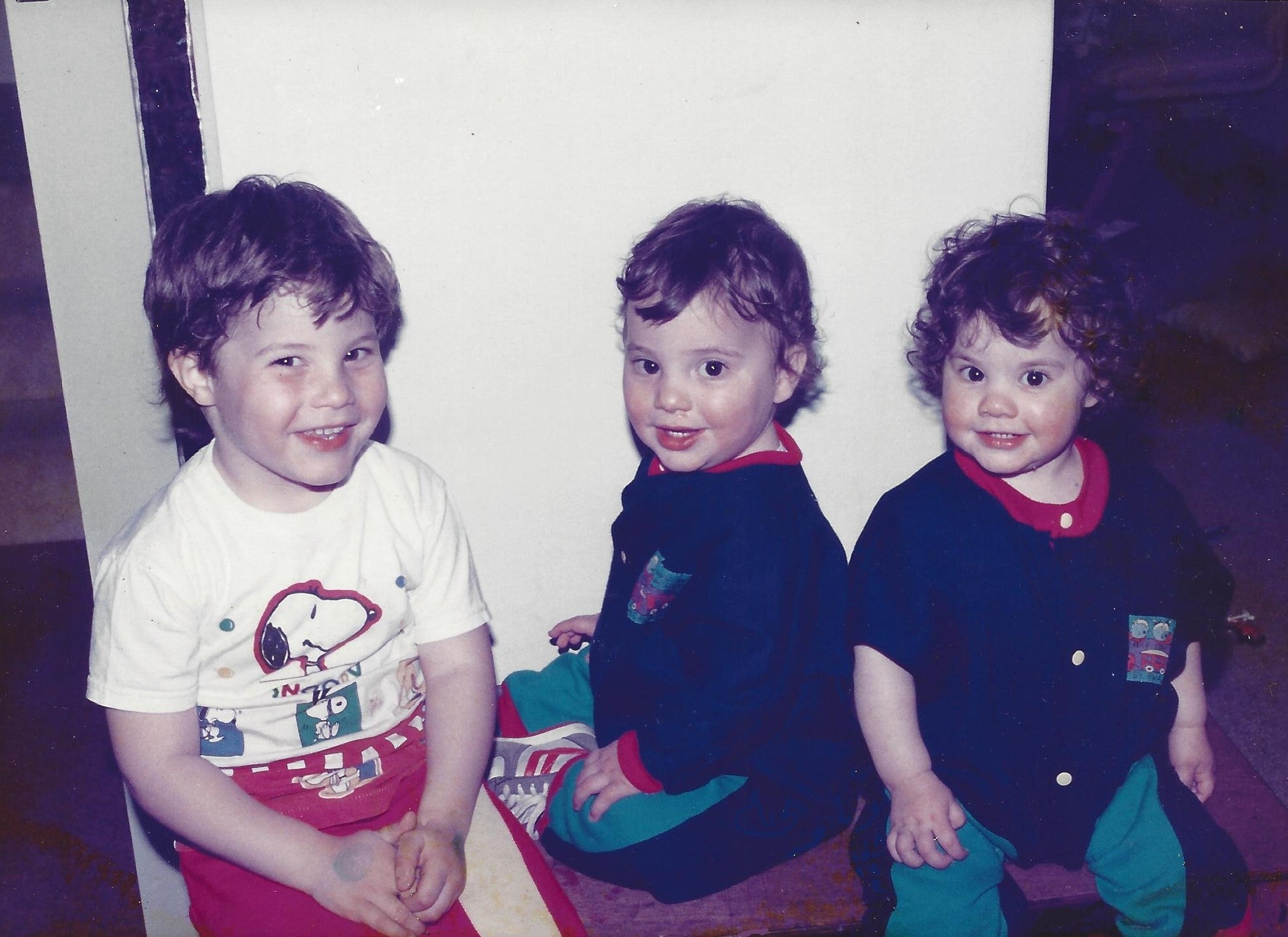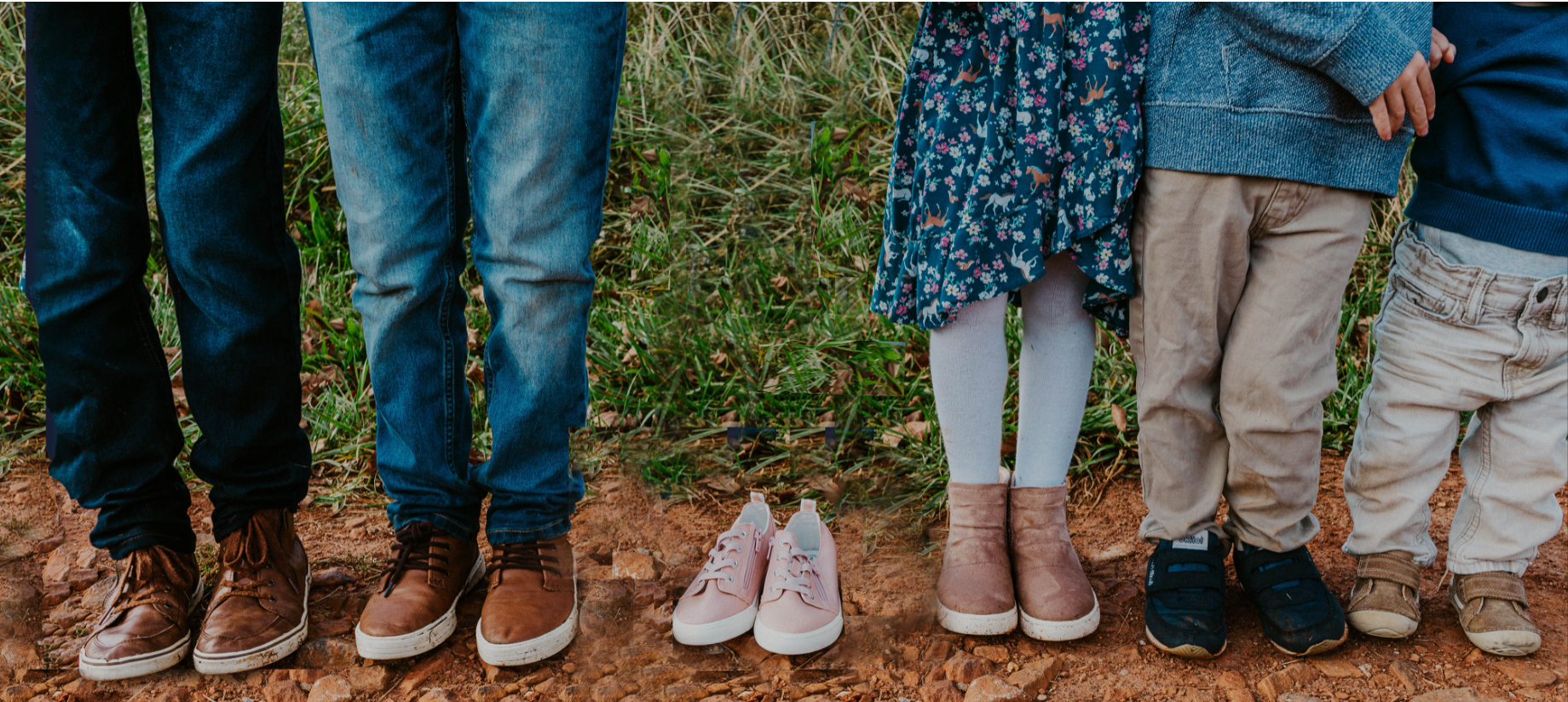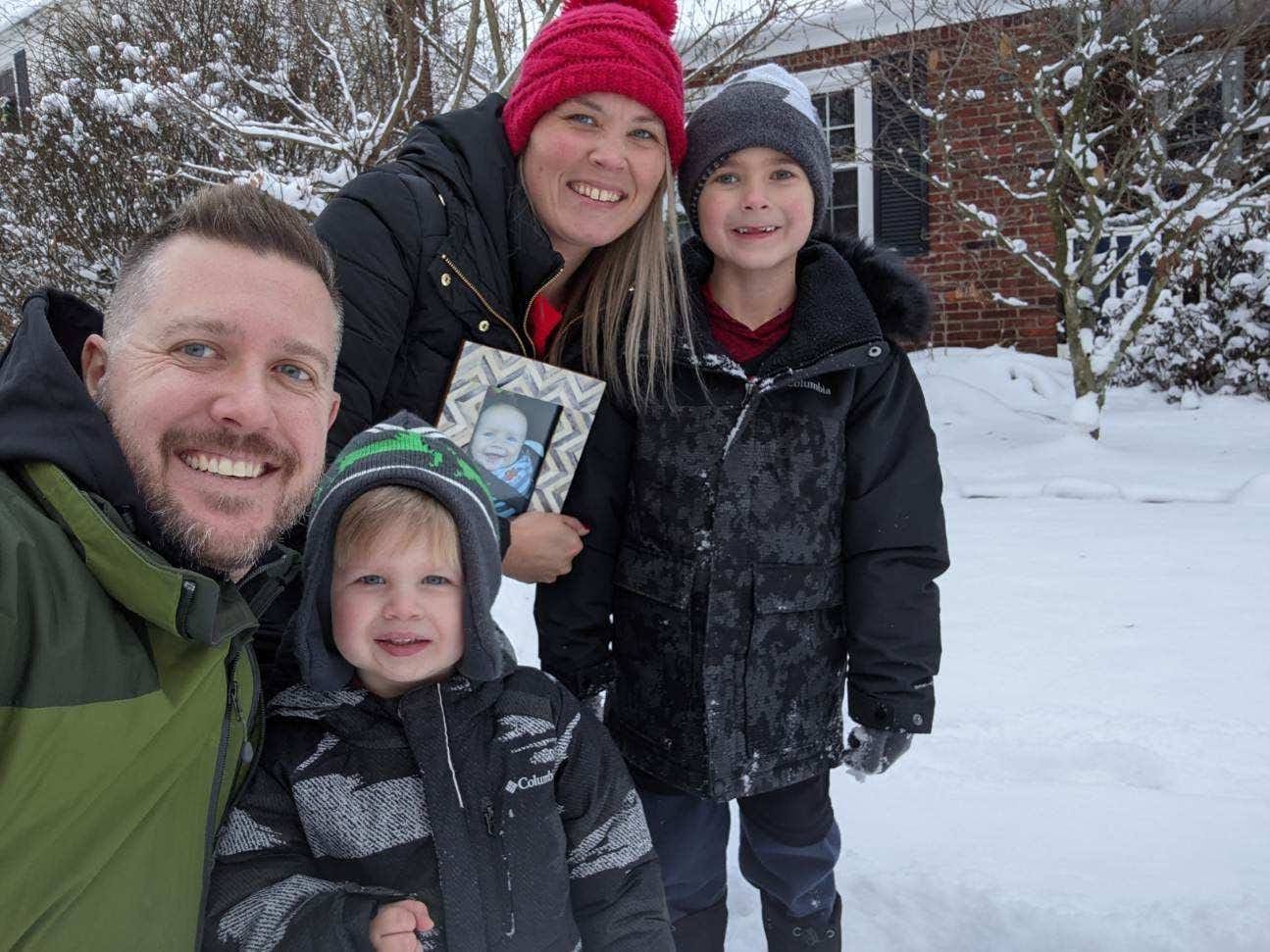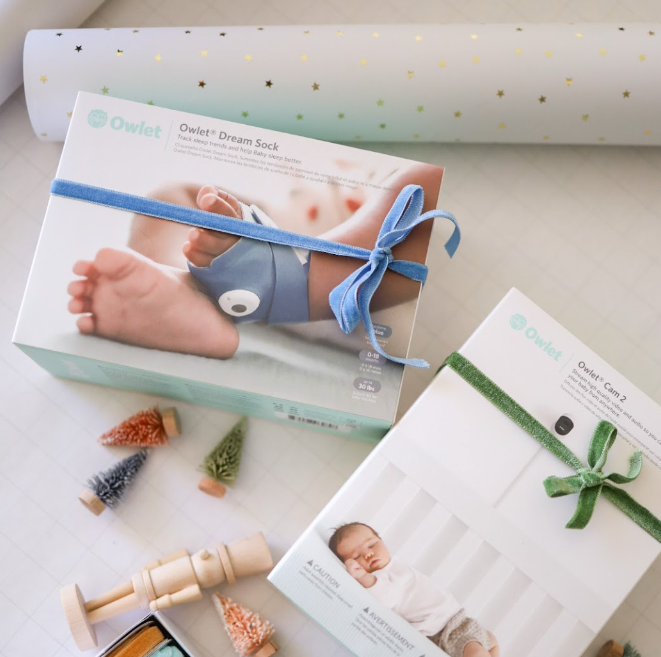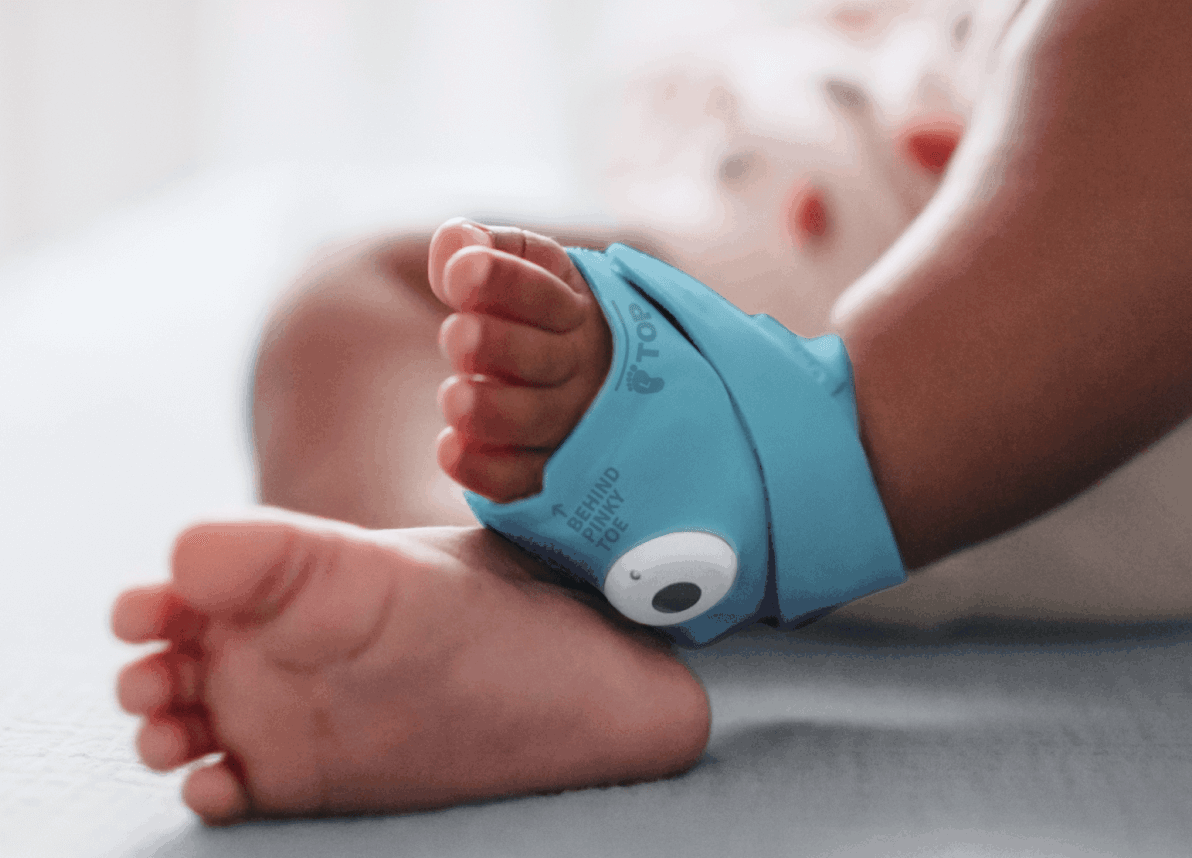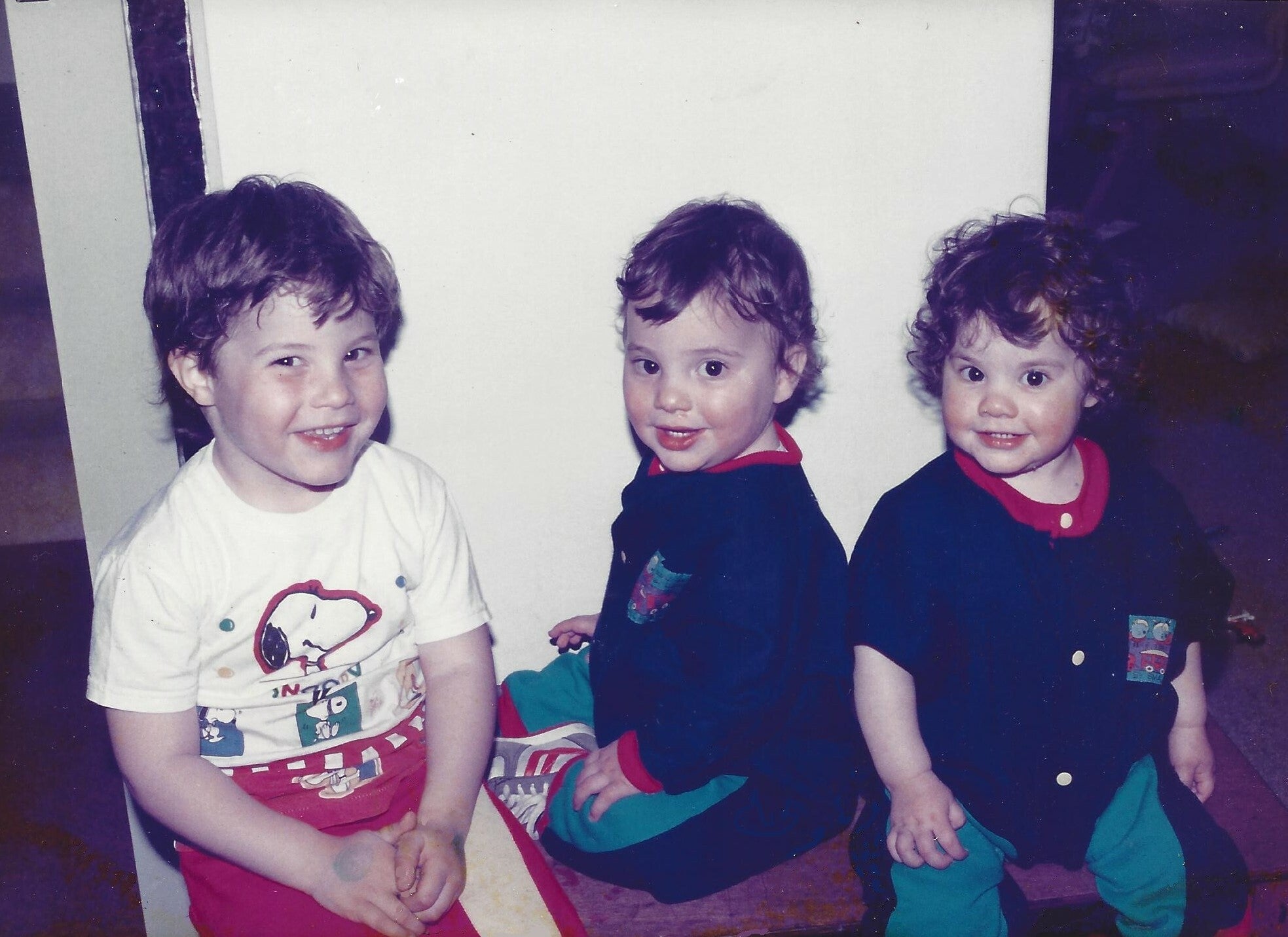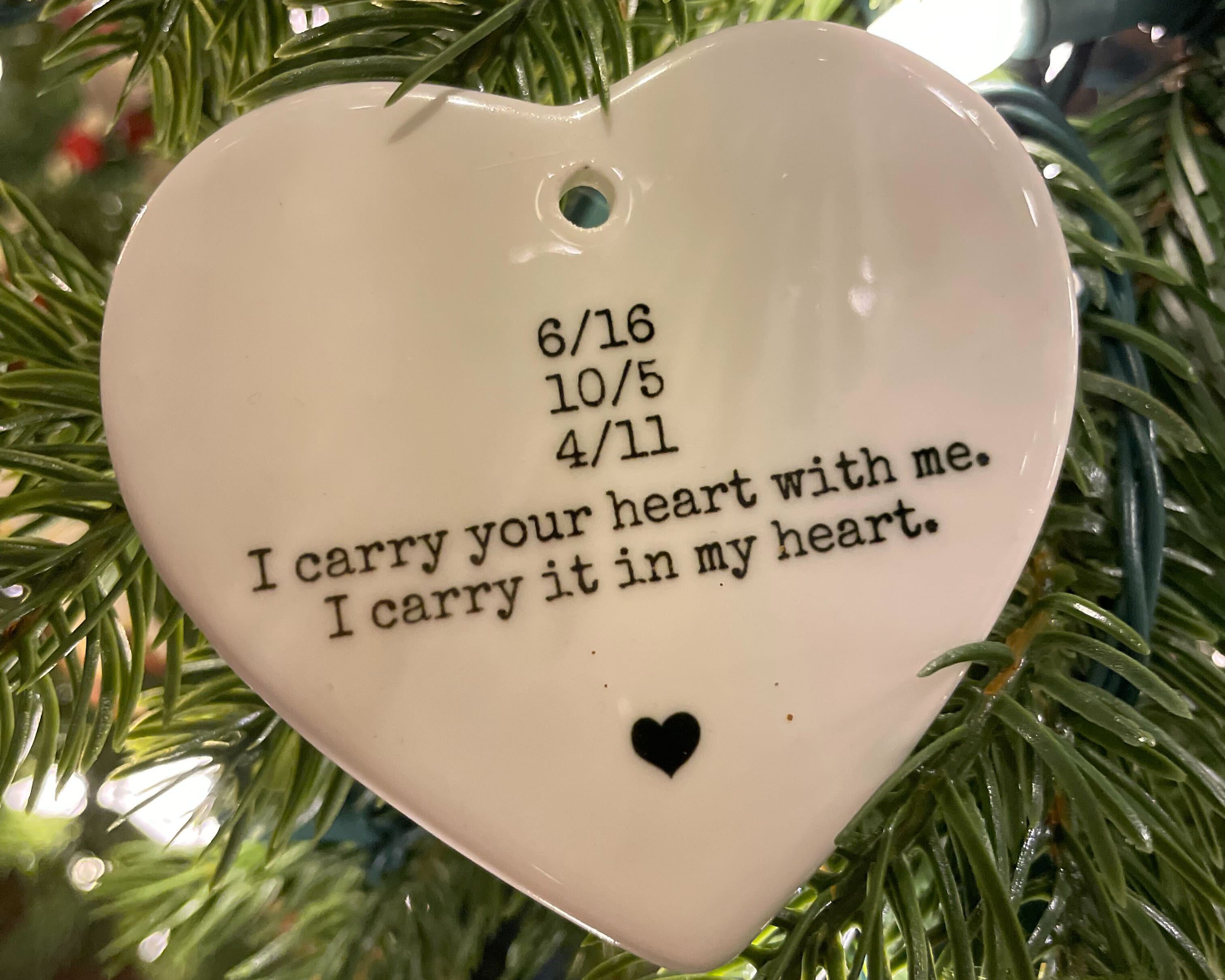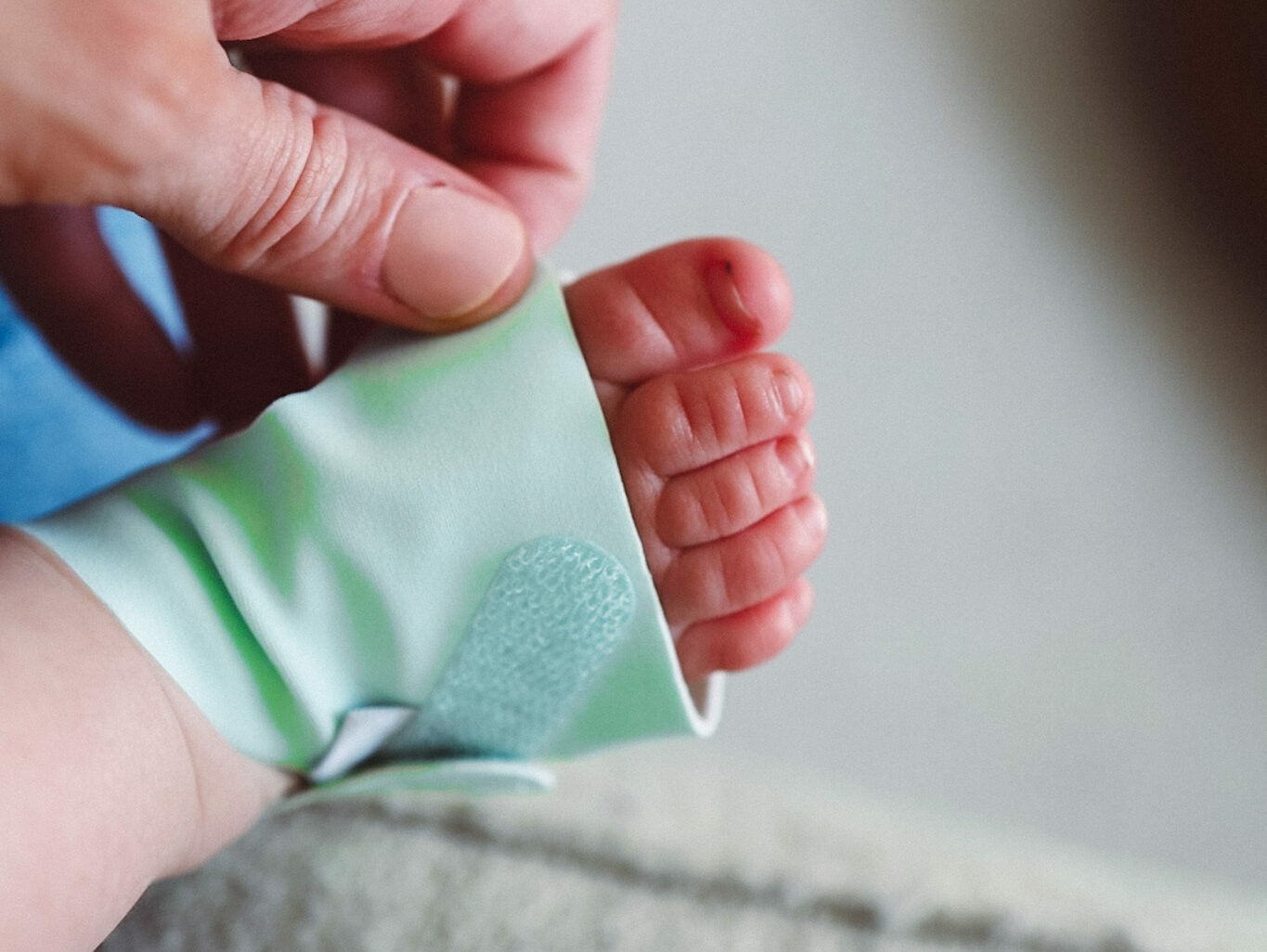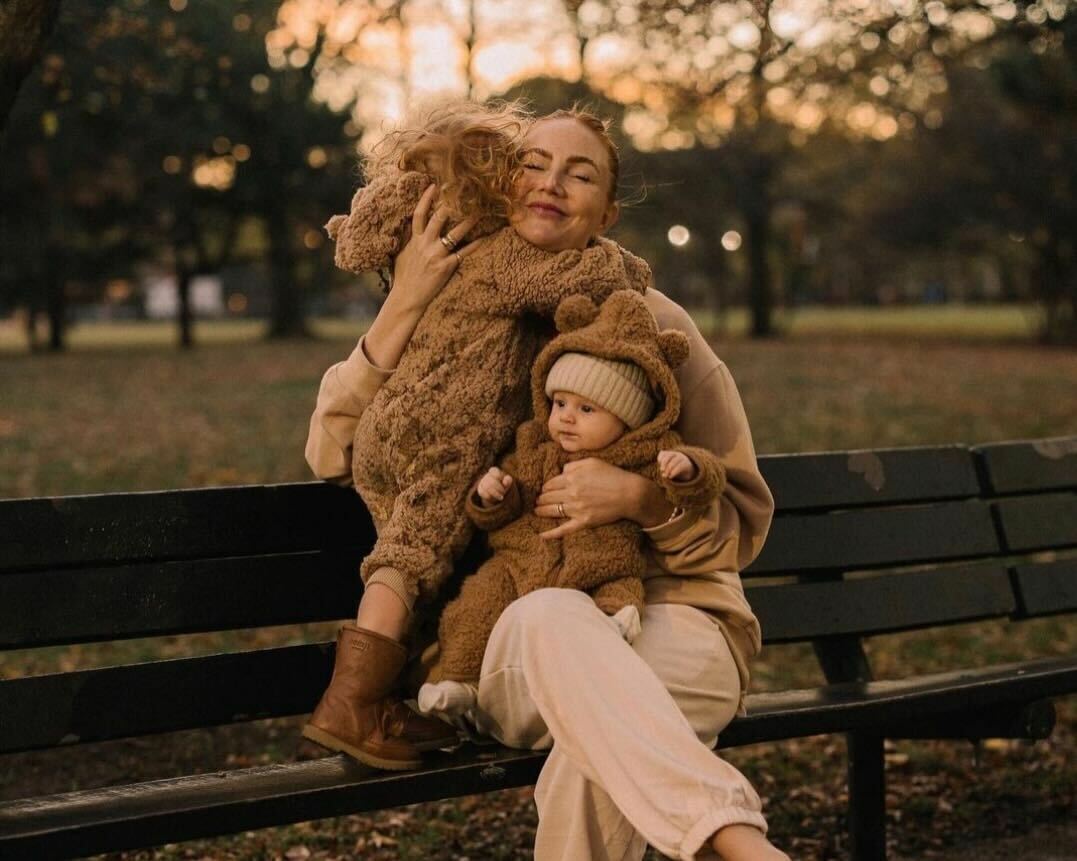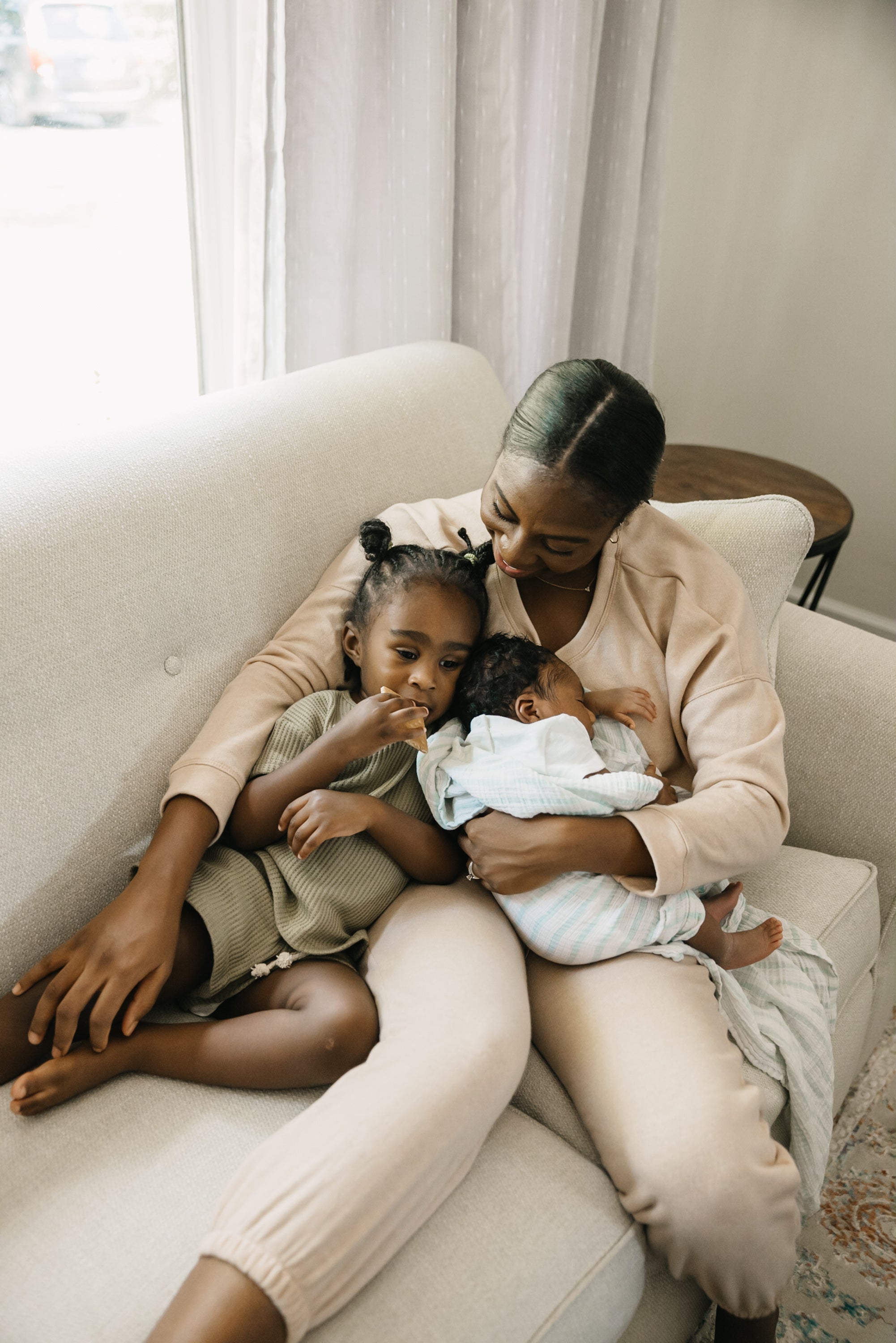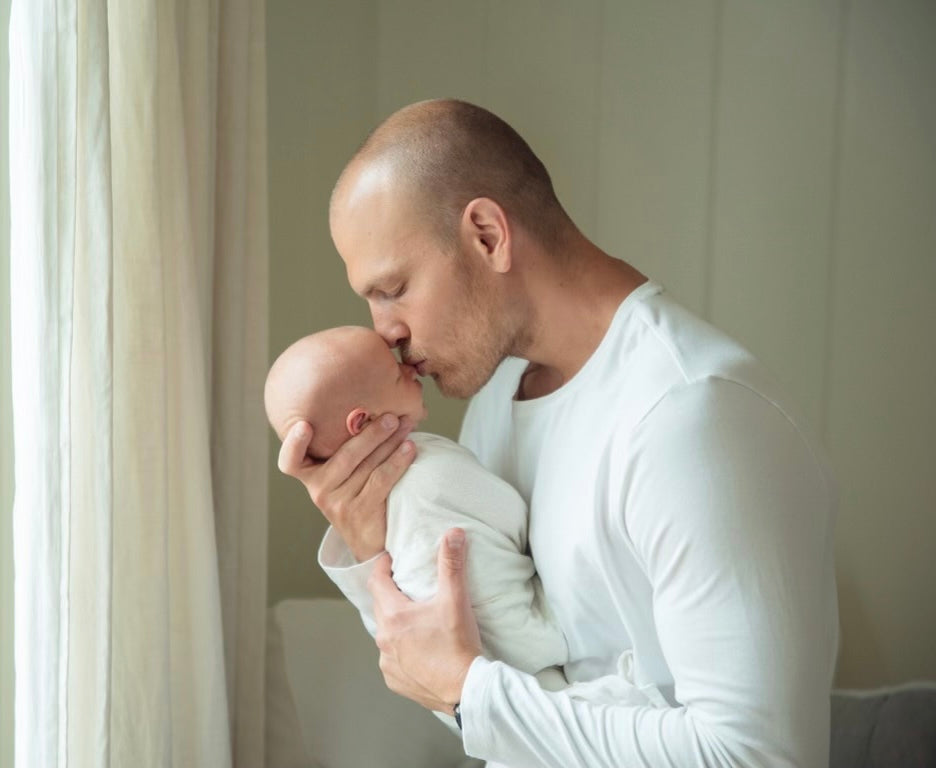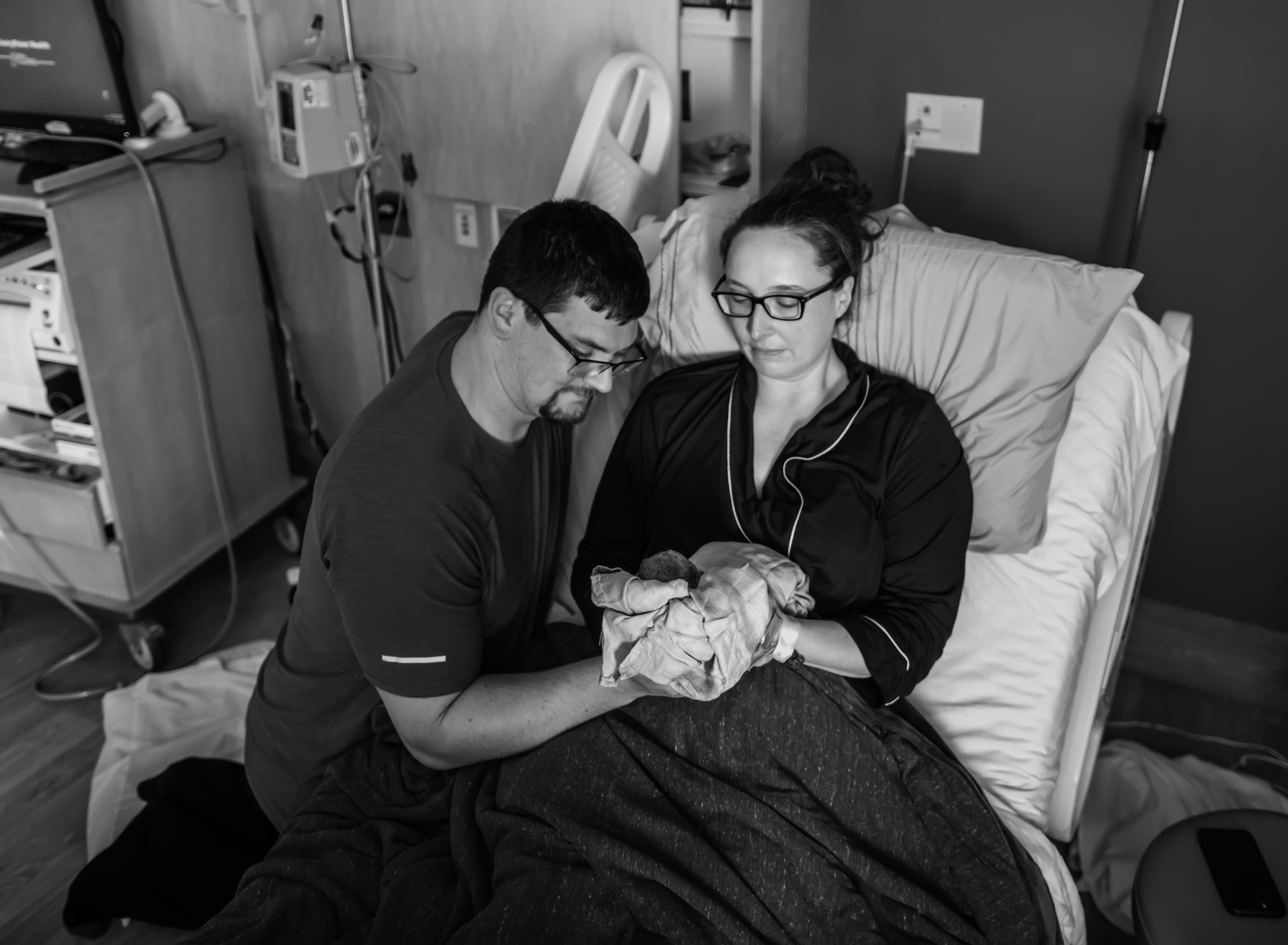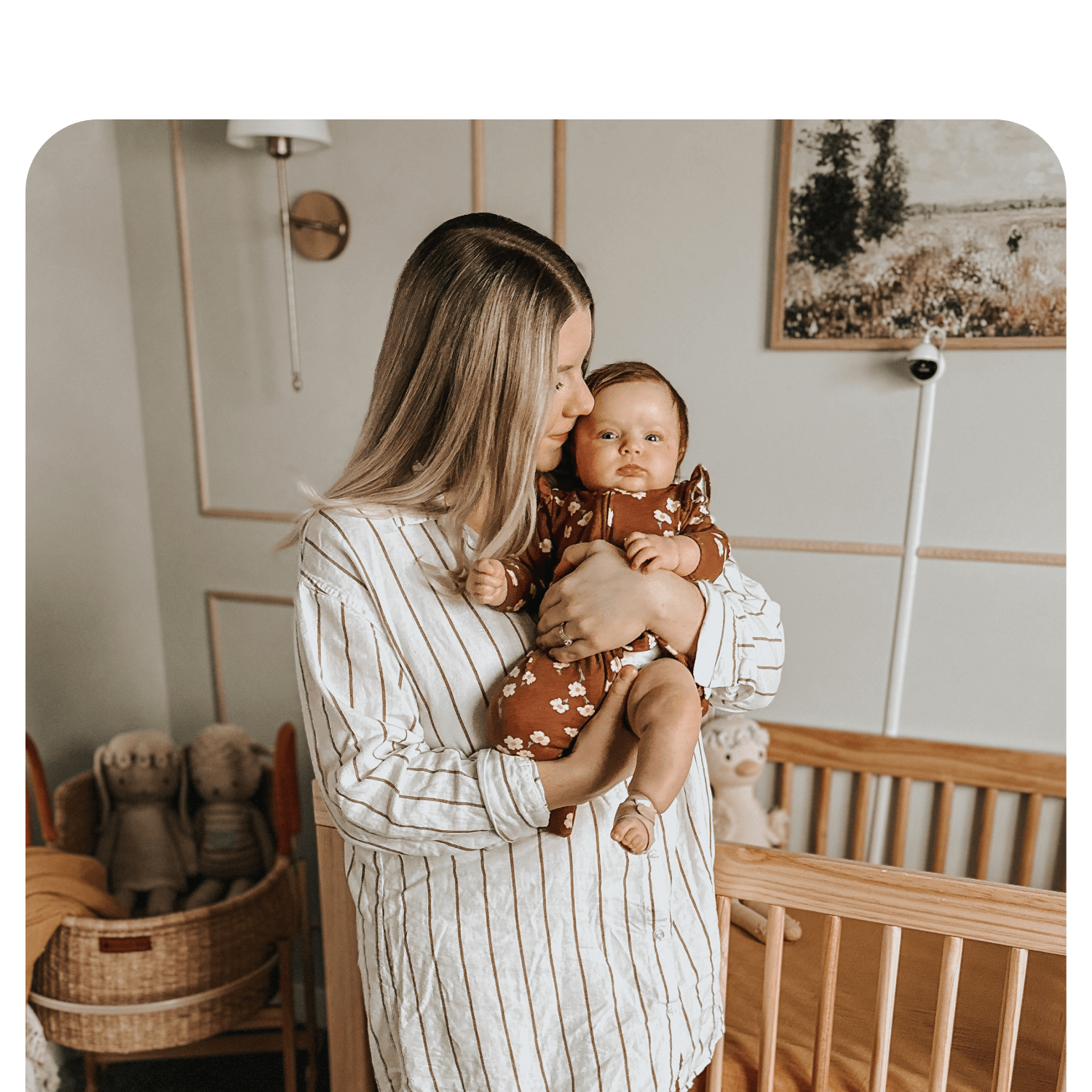Owlet's mission is to empower parents to give care at home. Owlet Cares supports our overall mission through advocacy, charitable and research initiatives that support families and communities. We partner with nonprofits all over the world who share our mission. These groups participate in our 2:1 match program. When they purchase one Owlet product, we match it with two meaning three families are reached.
Each month, we shine a spotlight on one of our foundation partners and the important work they are doing. The Just In Case Foundation of Indiana is one of our partners, and they provide CPR training to parents.
In recognition of Baby Safety Month this September, founder Kayla Borton shares more about her foundation’s mission.
By: Kayla Borton
What would you do if you found your baby unresponsive and not breathing? It’s a terrifying experience no parent wants to find themselves in but every parent should be prepared for.
Baby Safety Month is the perfect time to discuss the importance of knowing how to provide your child with life-saving CPR measures “Just in Case” those measures are ever needed.
On May 12th 2021, I lost my son Case to SIDS. I was CPR certified at the time, and I performed CPR on Case but it was too late by the time I noticed he was not breathing.
The day after Case passed my friend called and said, “Hey, I ordered an Owlet Smart Sock® for Chase, Case’s twin brother. That night, our Sock prompted us, to an irregularity with Chase’s oxygen. I immediately jumped out of bed and pulled him from his bassinet. Chase was unresponsive and not breathing, I was reliving my worst nightmare turned reality all over again! I was losing another child! I quickly began gently shaking him, tapping his chest, and calling out to him. It took about 30 seconds but he eventually came to and started breathing again on his own. This was a best case scenario. Unfortunately, many parents are not as lucky as I was.
This is a reality for thousands of parents each year.
What would have happened to Chase had he not started breathing on his own? I would have needed to perform CPR. You see the Owlet is a remarkable tool that helps give insights into baby but it’s not a medical device and cannot replace helping your baby in their time of need!
Have you ever heard the quote, “God gave me two”?
It was in this moment of Chase taking that first breath after being unconscious that I realized, this was God’s plan for Case. This is why God gave me two, because I would take my love and my pain from the loss of my son and I would turn it into a way to make a difference in the world.
Thus, I founded the Just in Case Foundation, and hope that I can make a difference through educating parents about CPR so they can help keep their babies safe.
At the Just in Case Foundation we spread awareness of SIDS, educate on the risk factors of SIDS and how to reduce those risk factors, teach safe sleep practices, CPR certify parents, and provide parents with a free Owlet monitor.
While our services are currently available in-person in Indiana, our vision is to offer virtual options and serve parents everywhere. In the meantime, you can find great resources on our website, apply for a free Owlet on our website, and you can always take an online CPR class through the Red Cross.
From one parent to another, while no parent ever wants to have to perform CPR on their child it is always better to have the skills and not need them than to need them and not have them.
Educate yourself today, to save a life tomorrow!
Thank you,
Kayla Borton, Case’s Mom, Founder of the Just in Case Foundation
Disclaimer: The quotes, stories, and experiences included here are those of the individuals and are not representative of Owlet's views or claims about our product. Individuals were not paid and did not submit their information as part of any paid promotion by Owlet. The content provided on this health blog is intended for informational and educational purposes only. It is not a substitute for professional medical advice, diagnosis, or treatment. Always seek the advice of a qualified healthcare provider with any questions you may have and to learn more about your child's specific needs.
